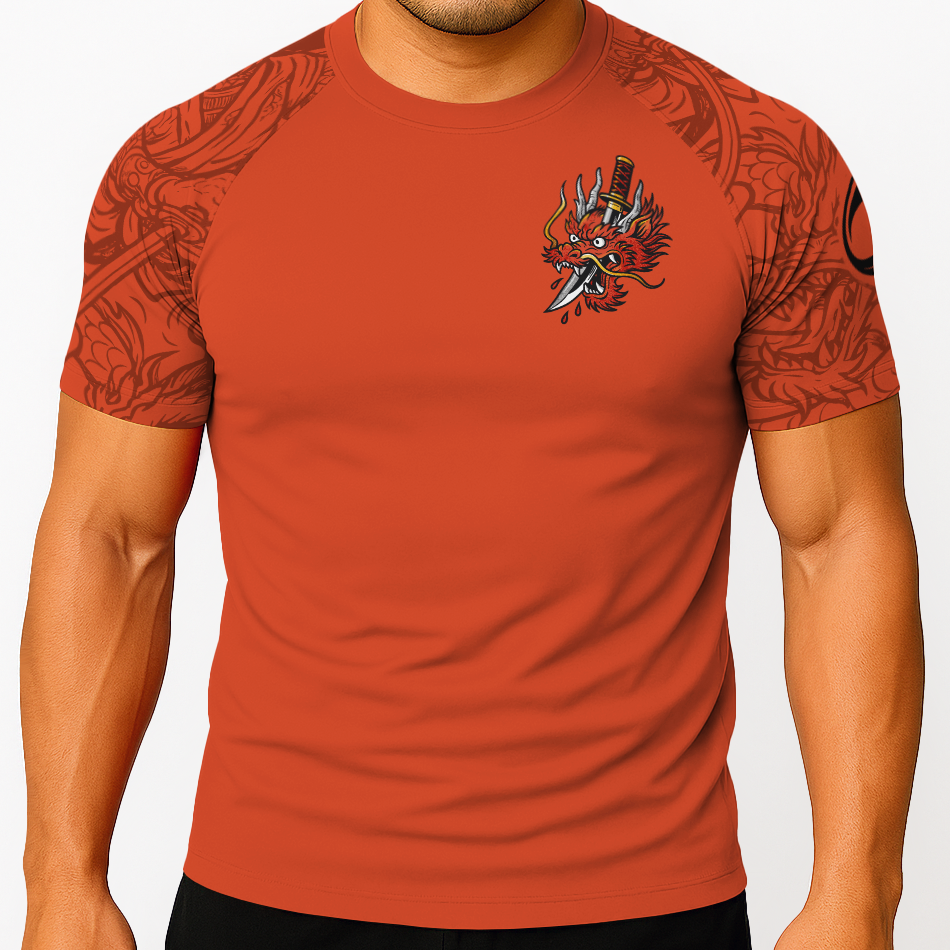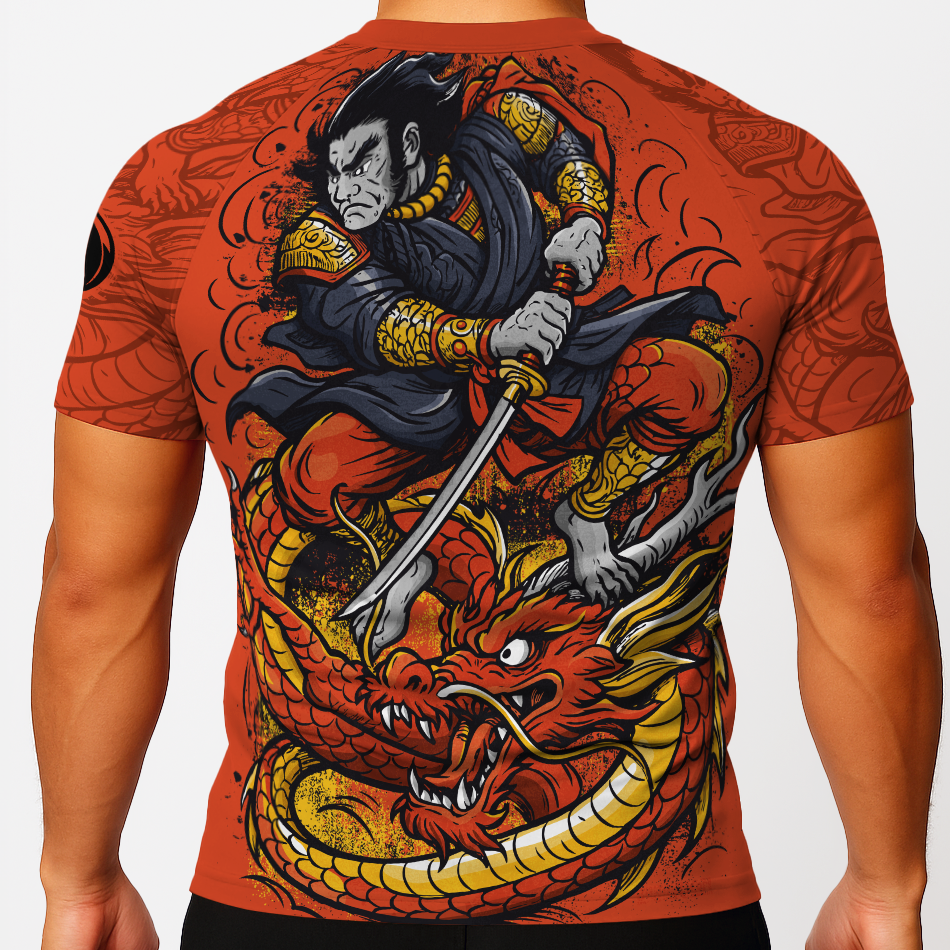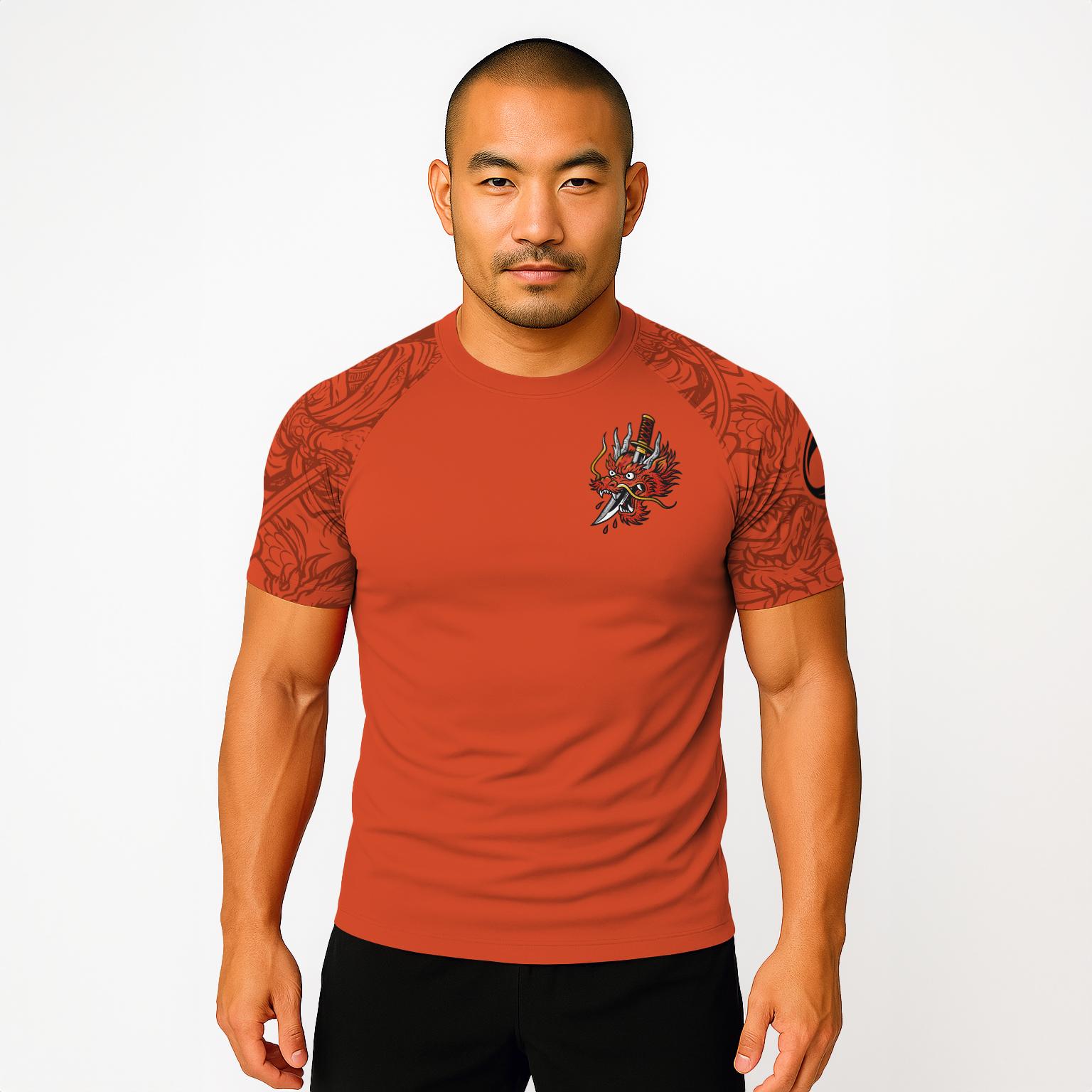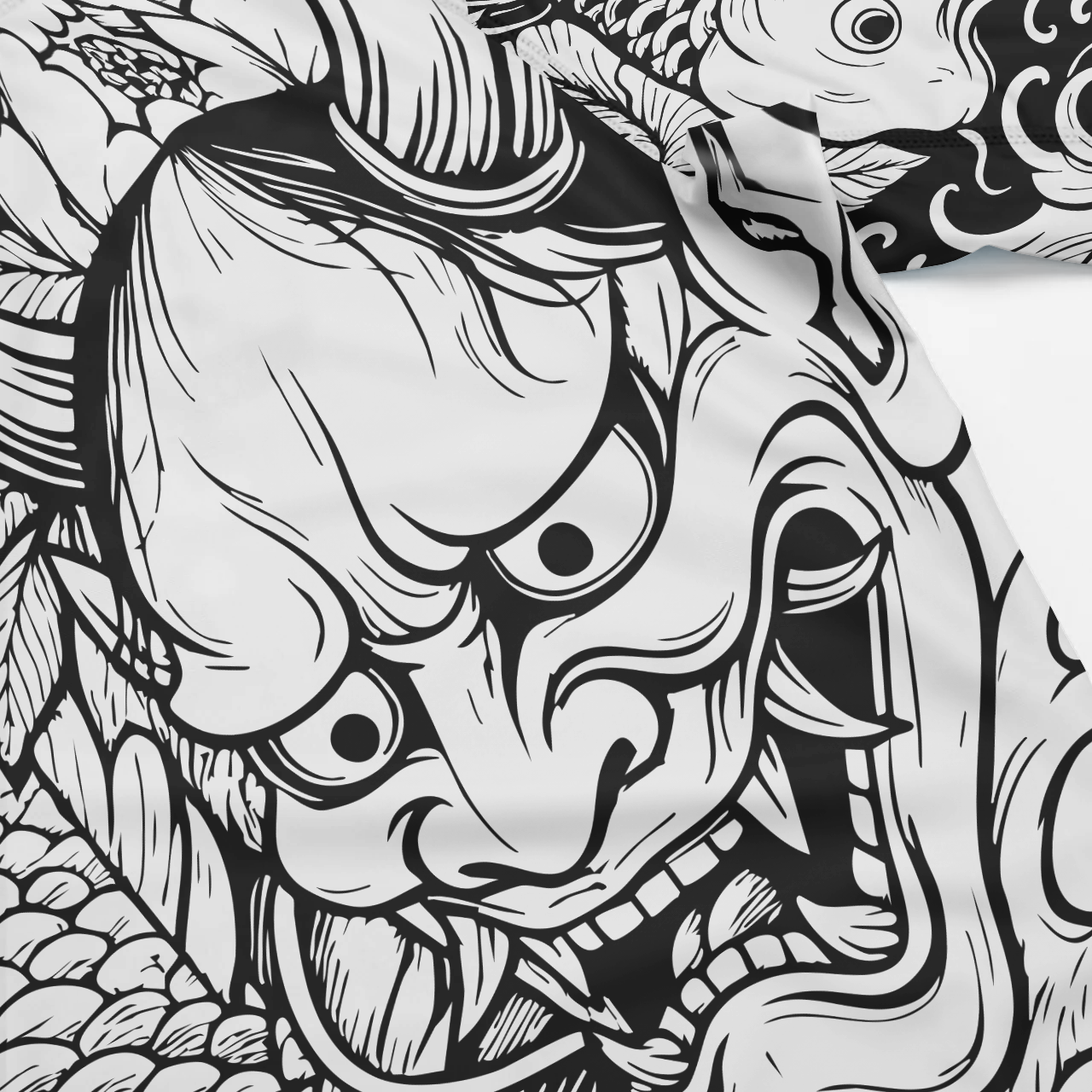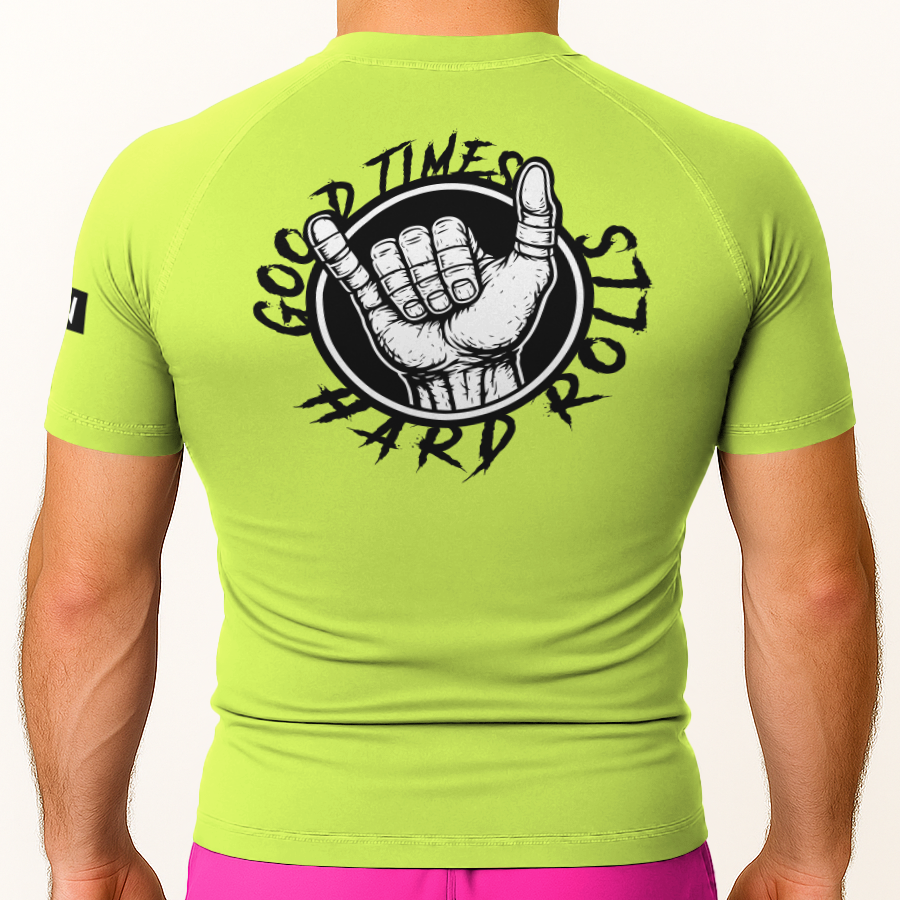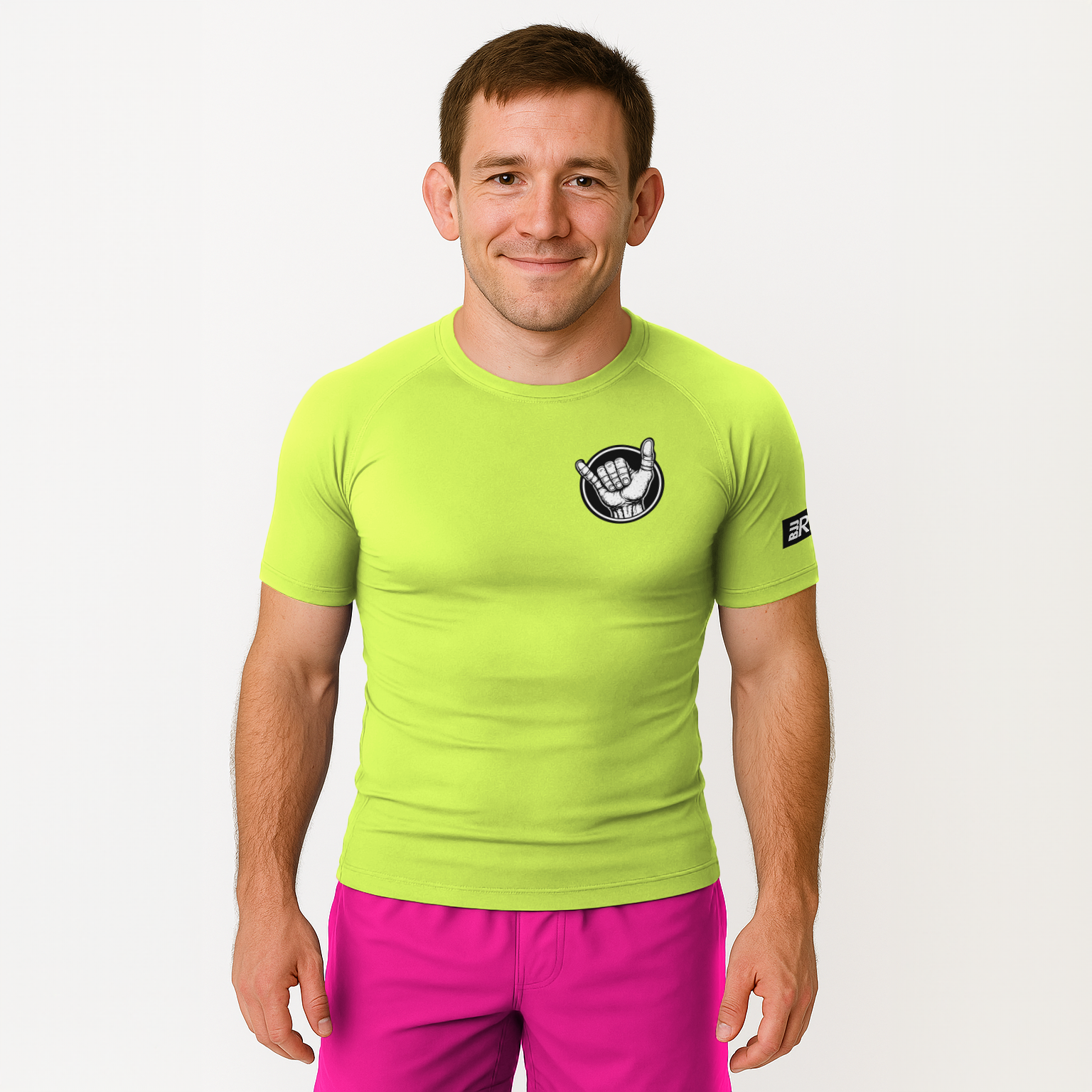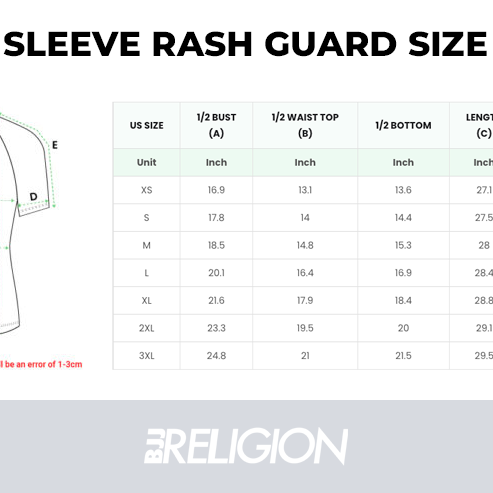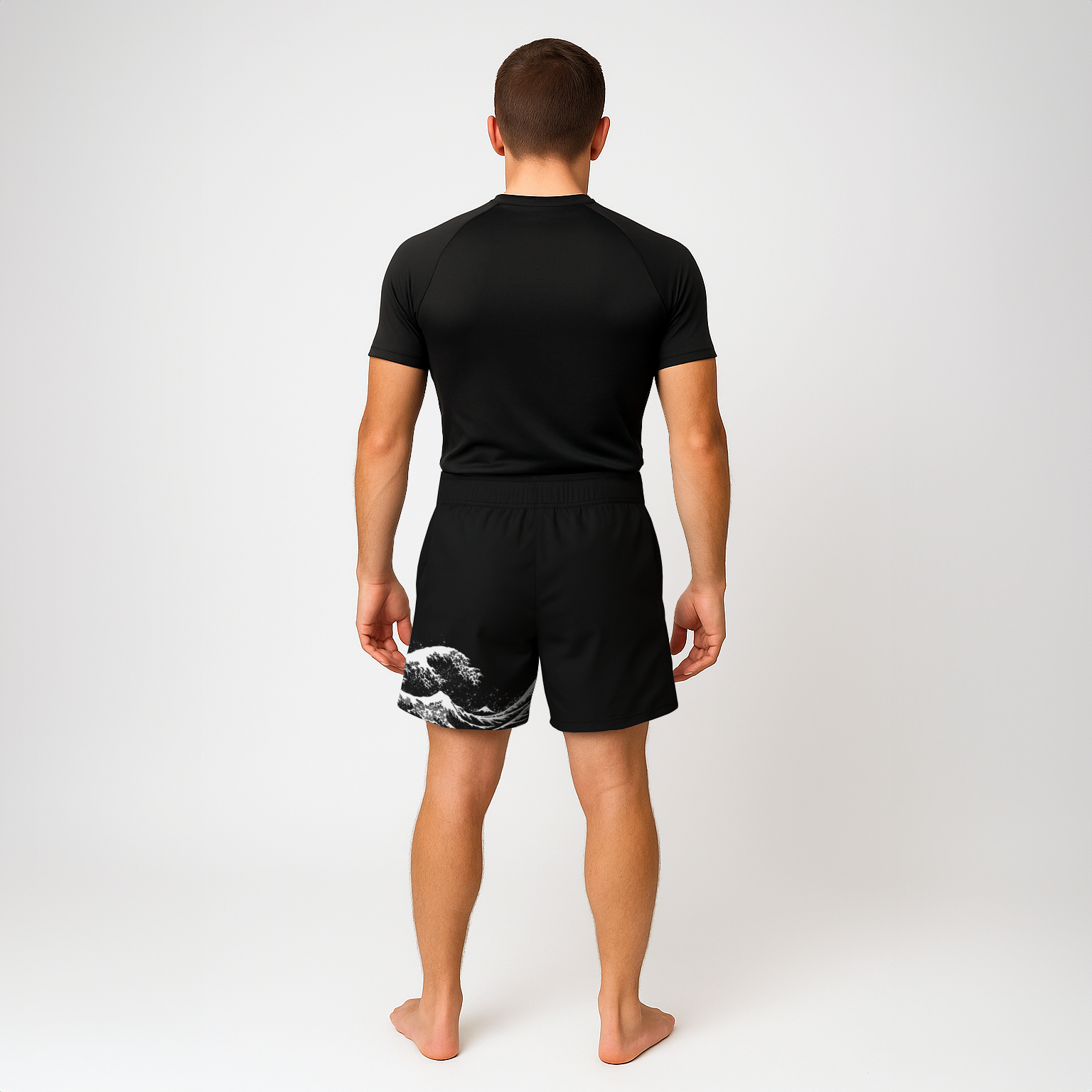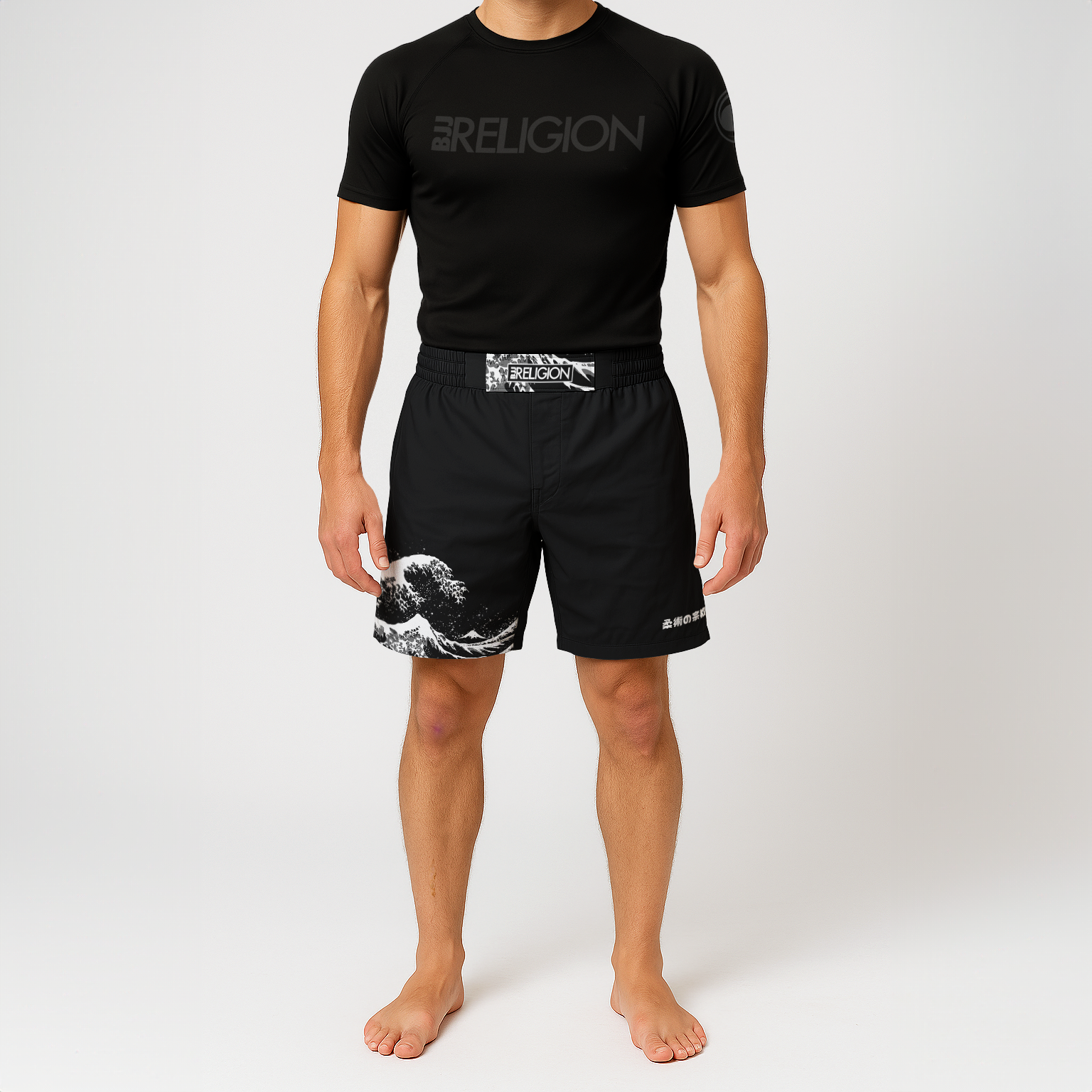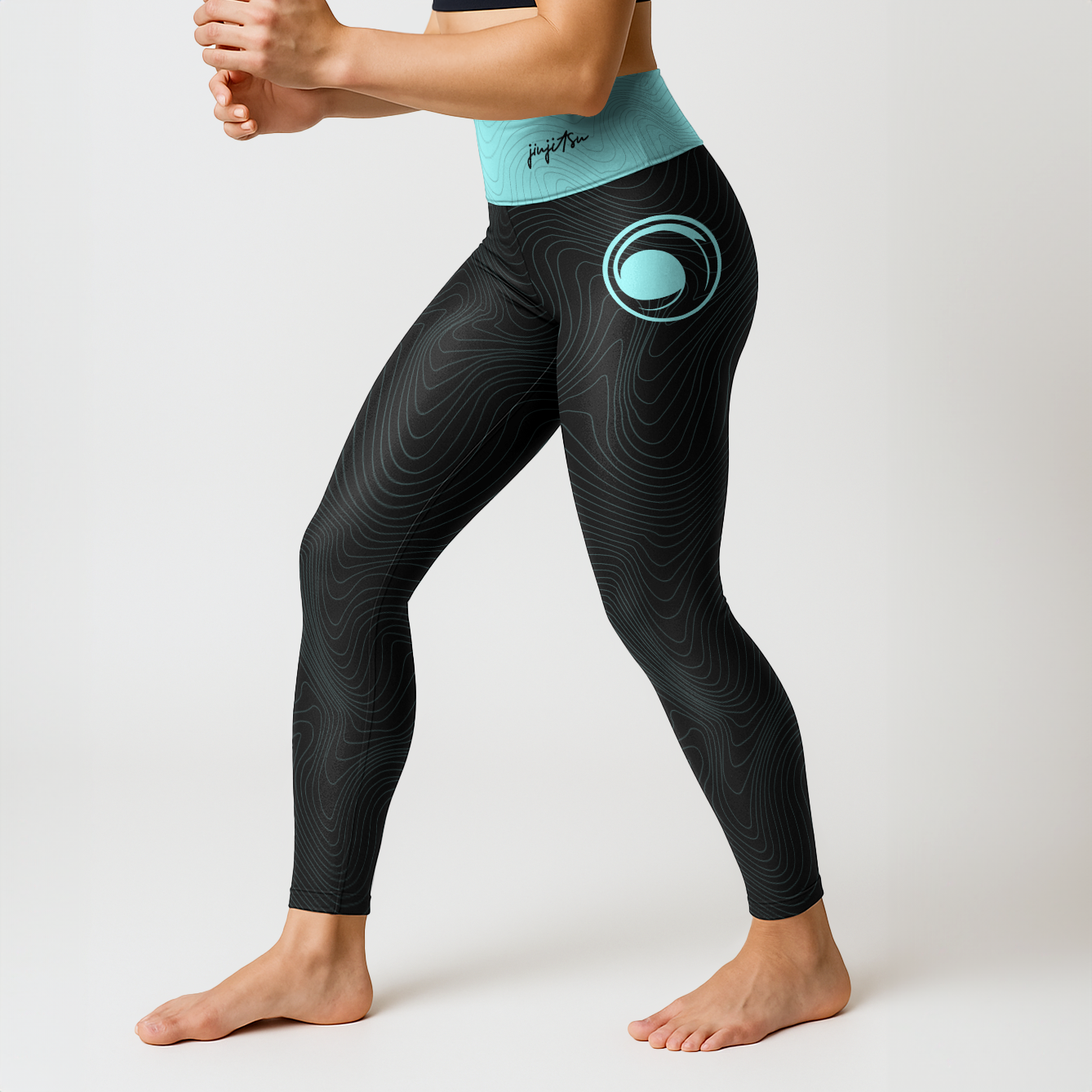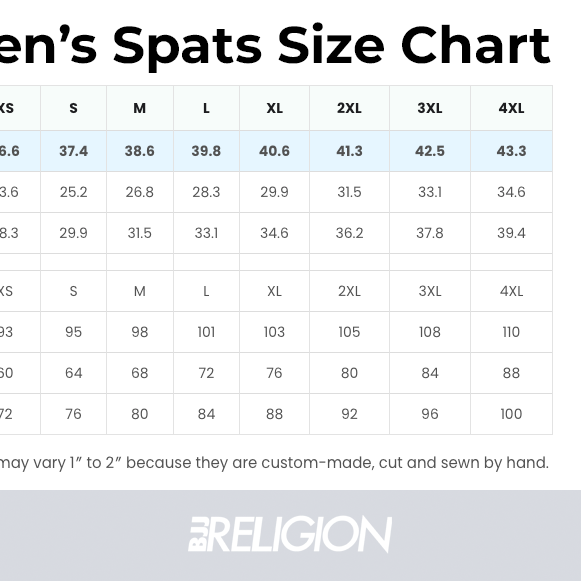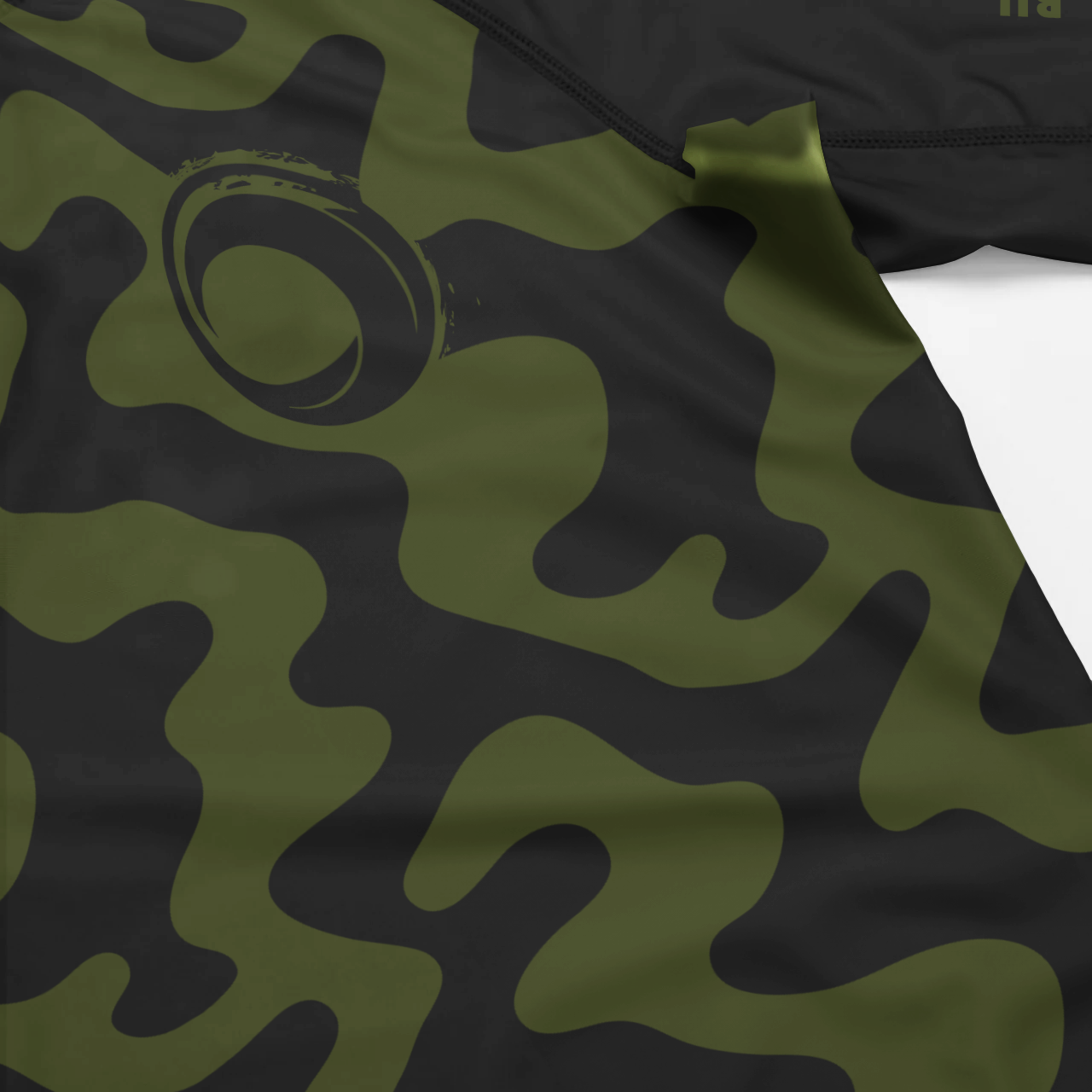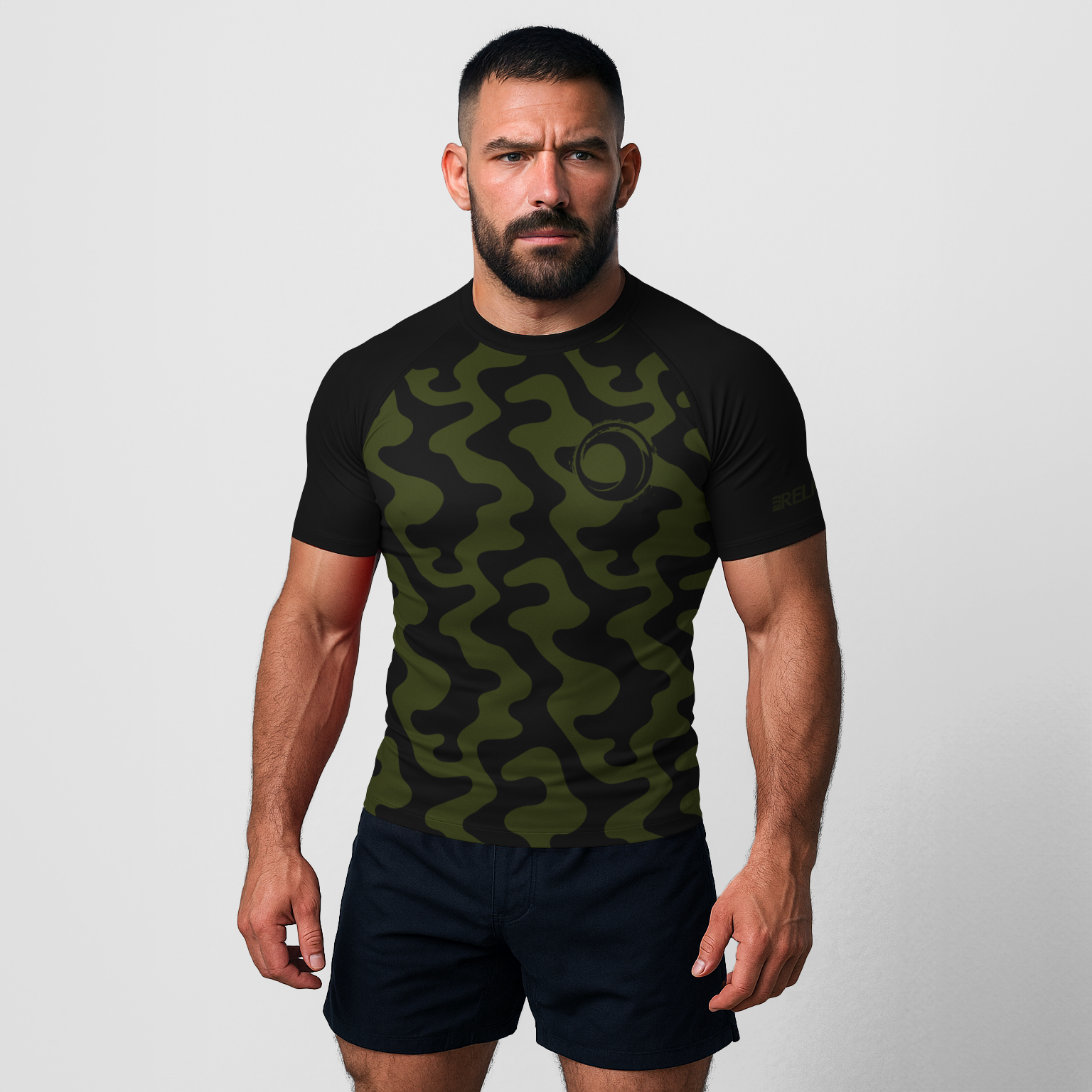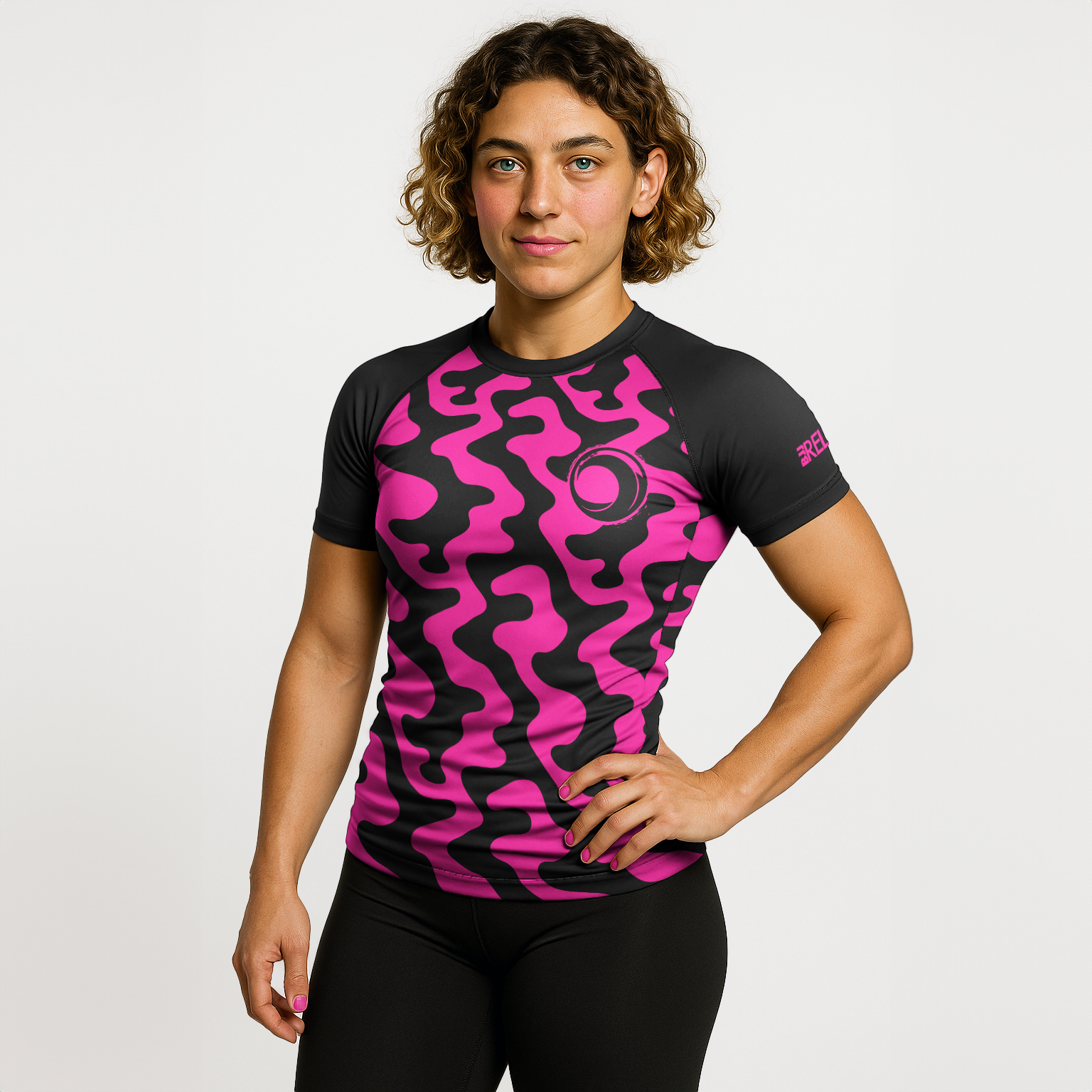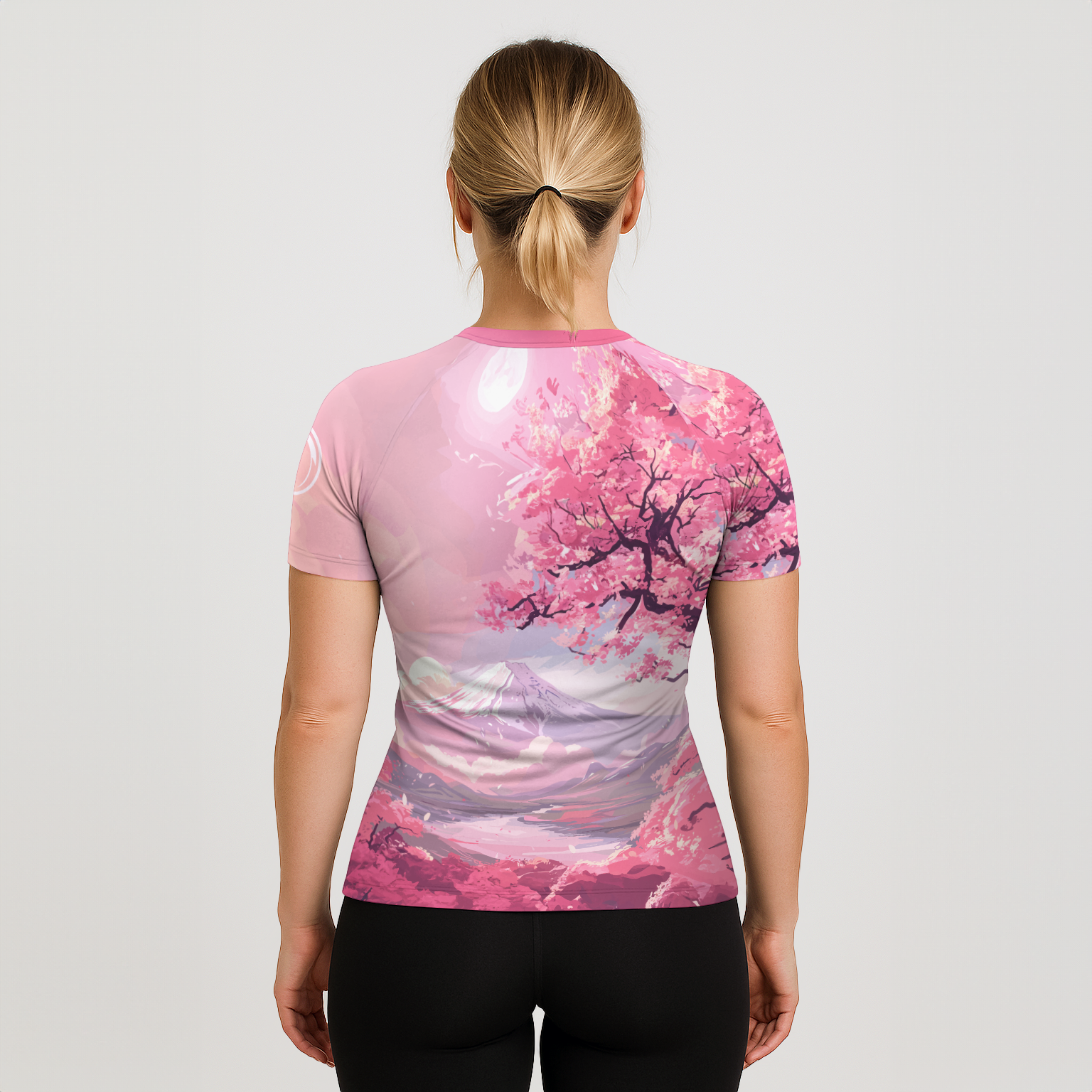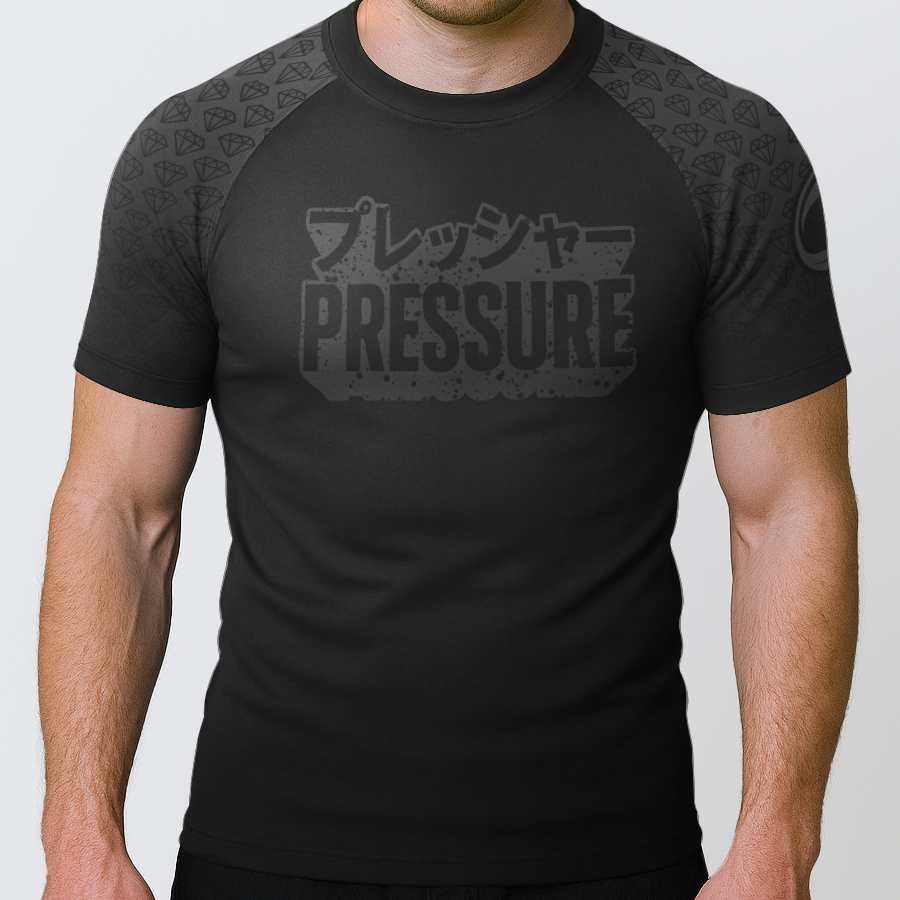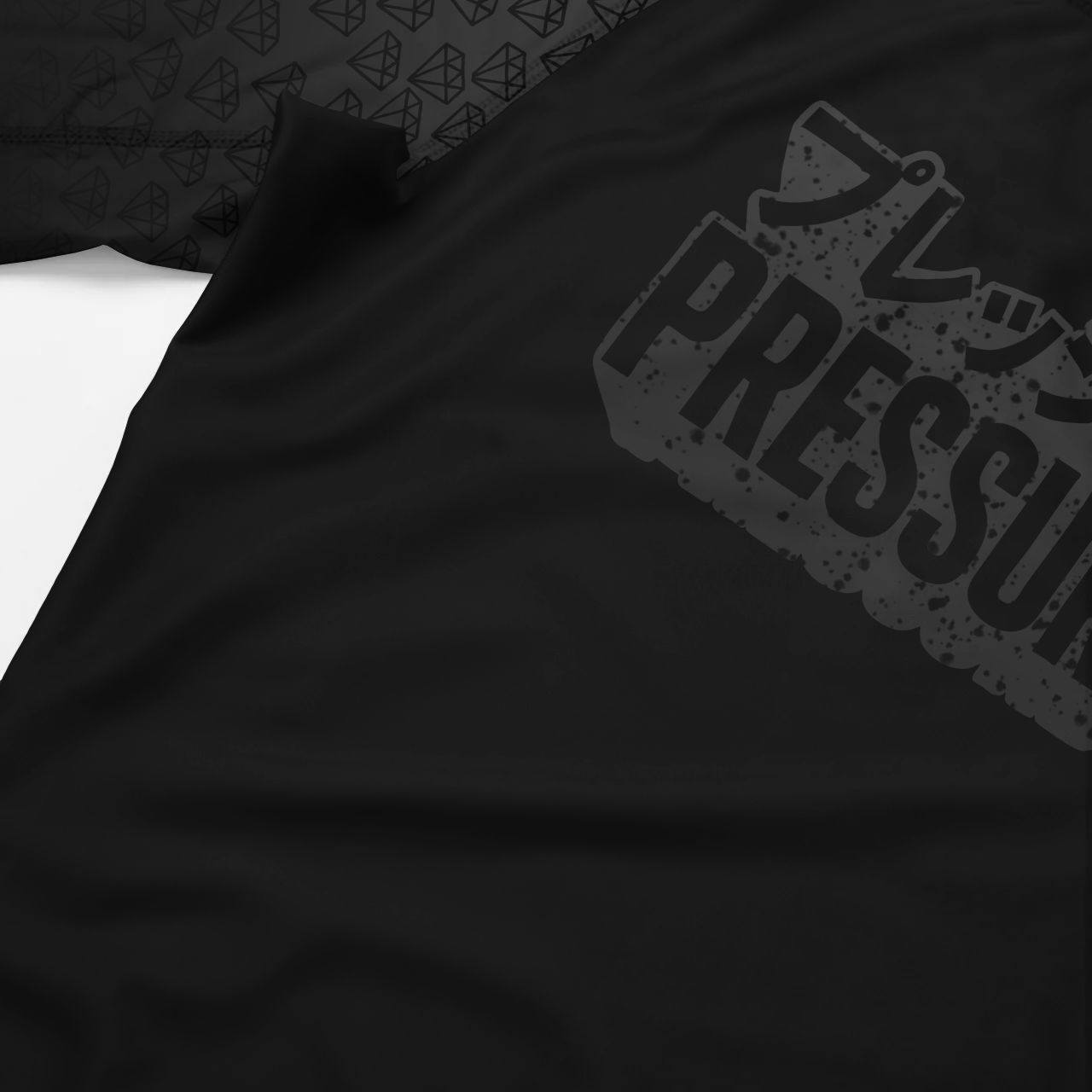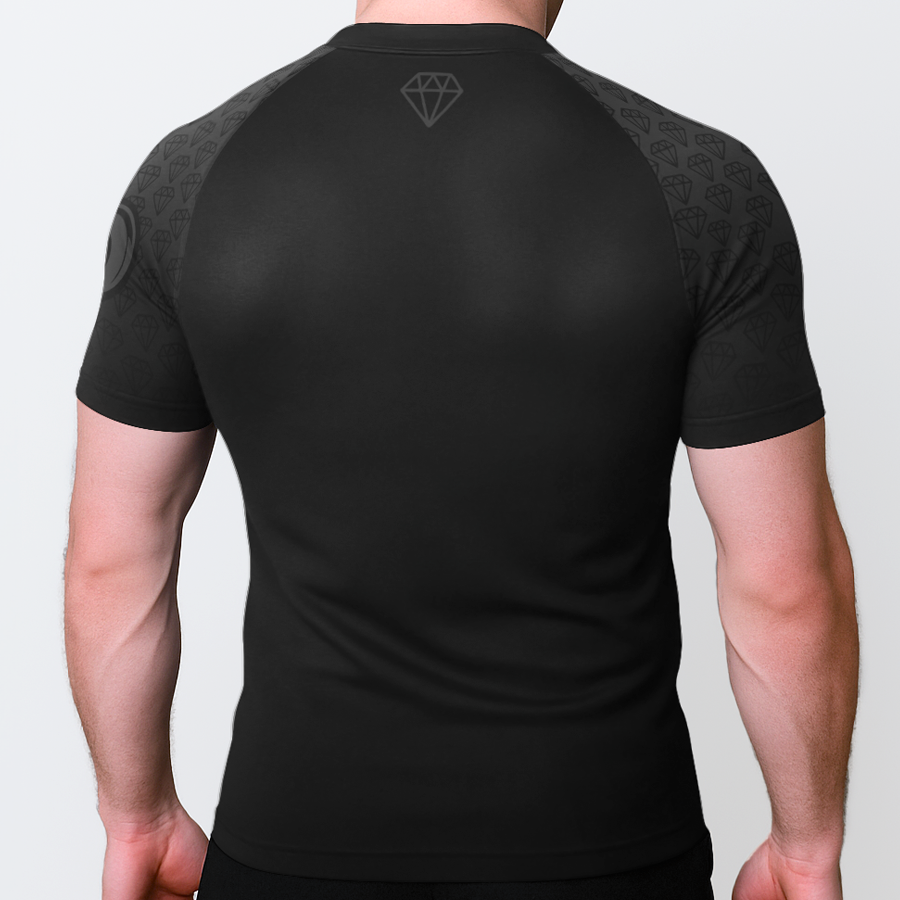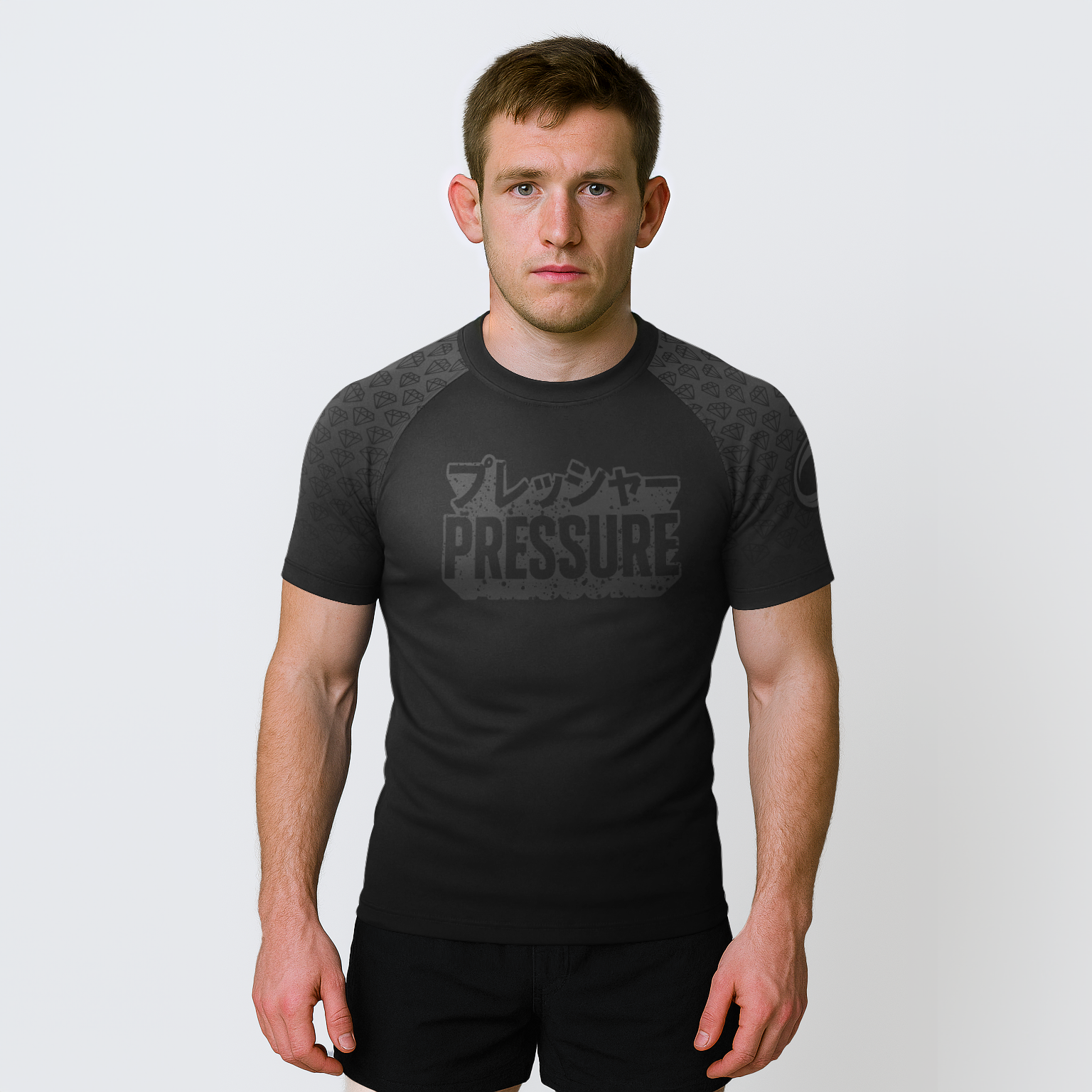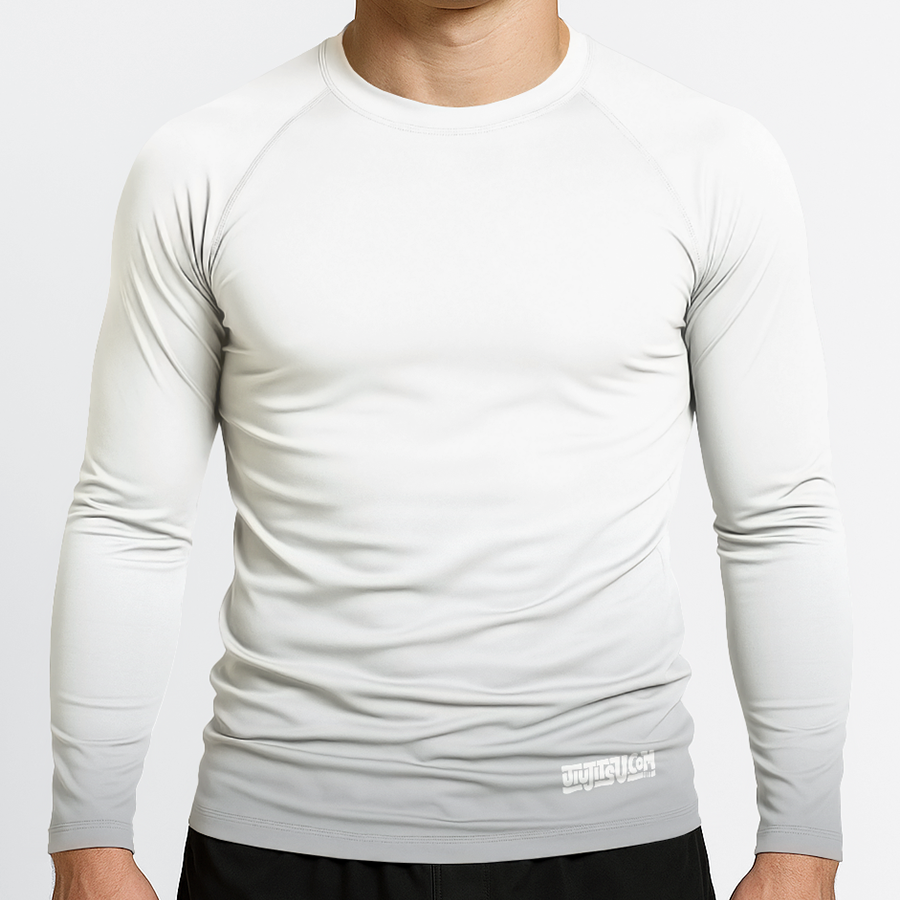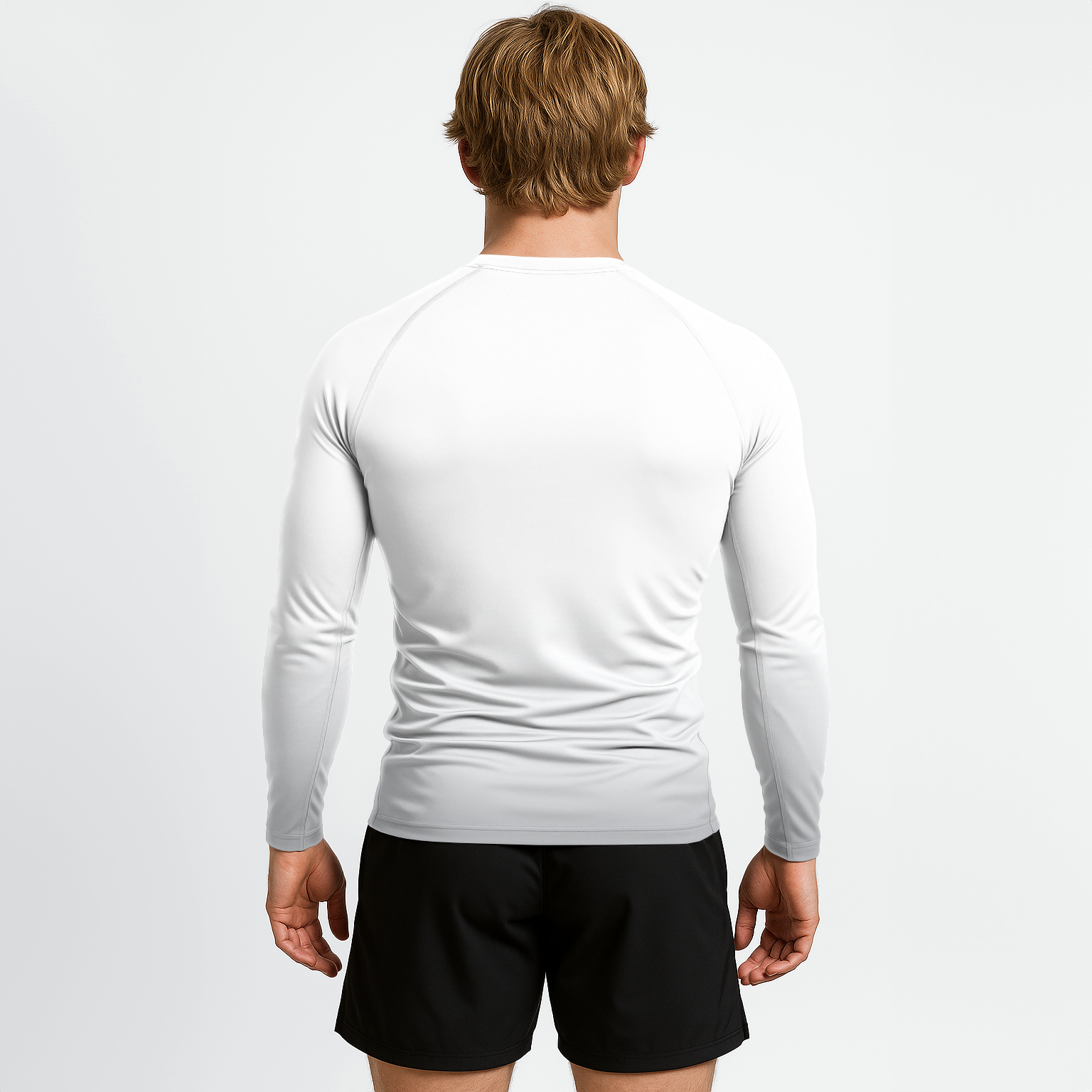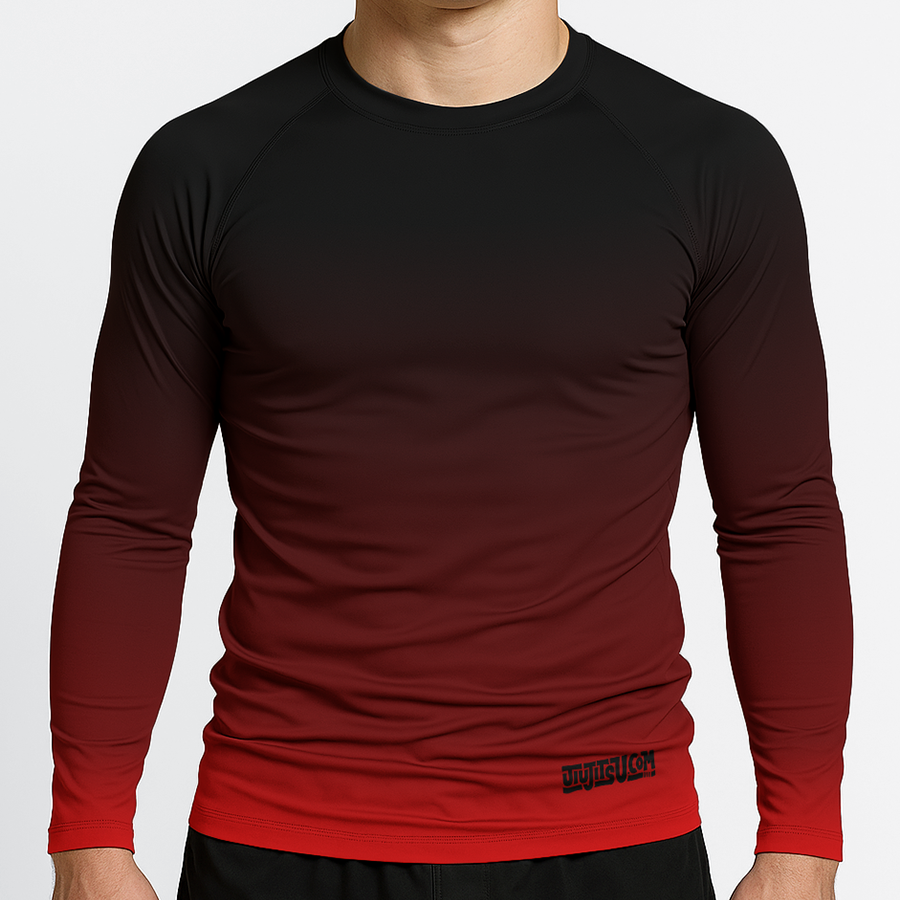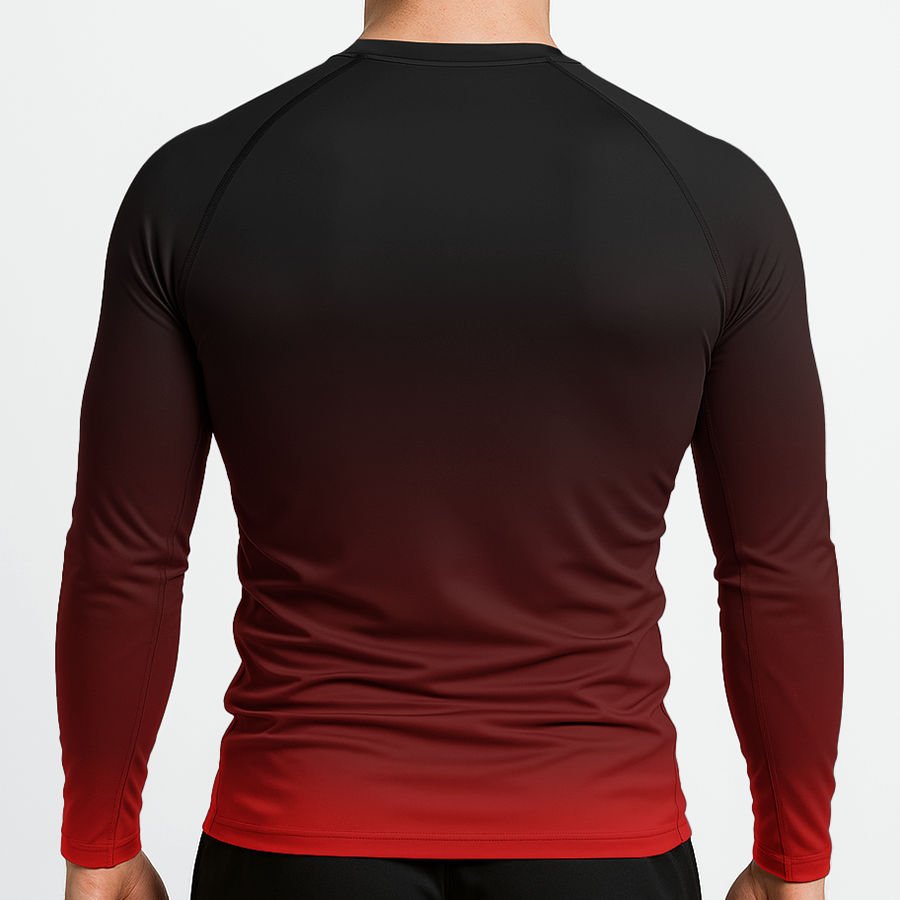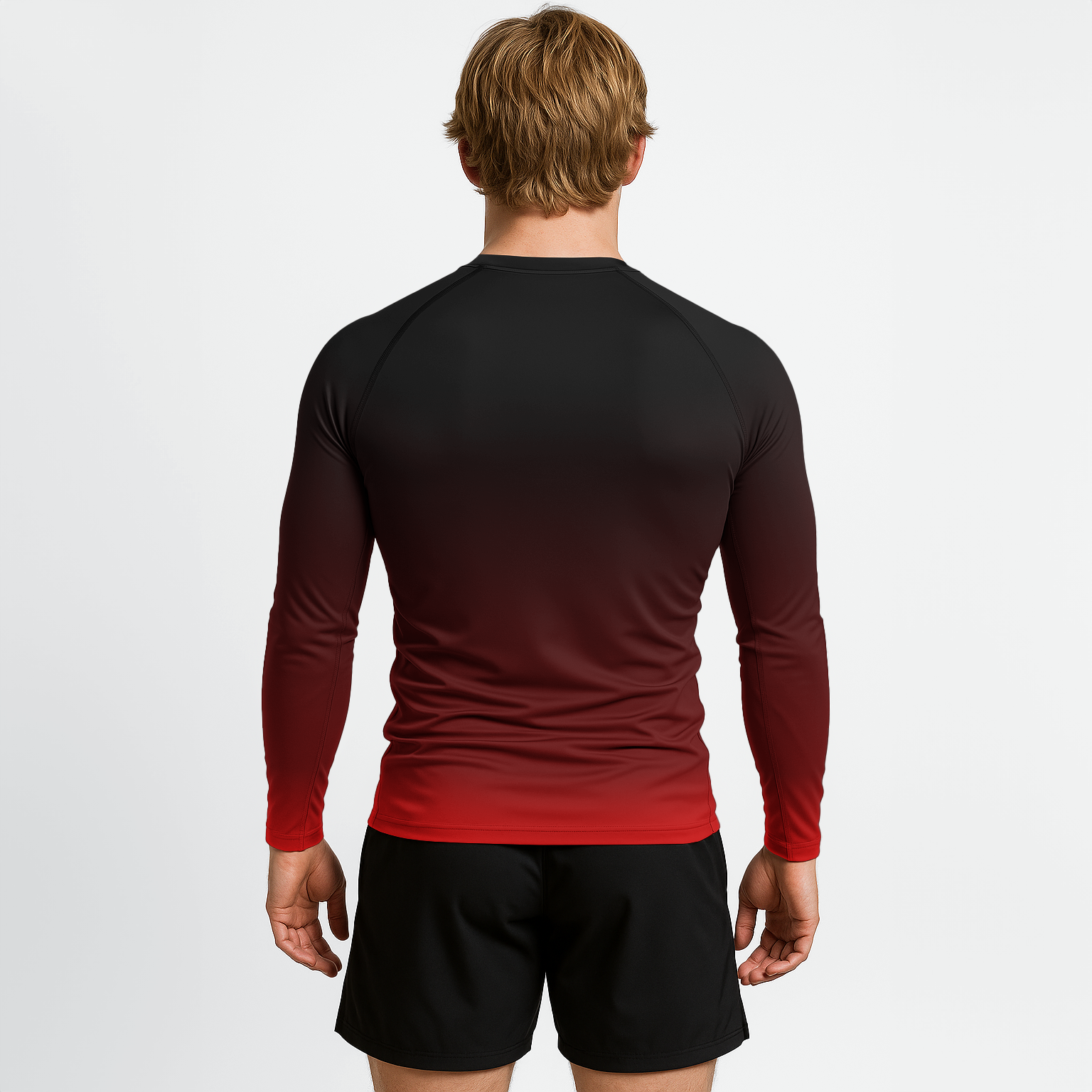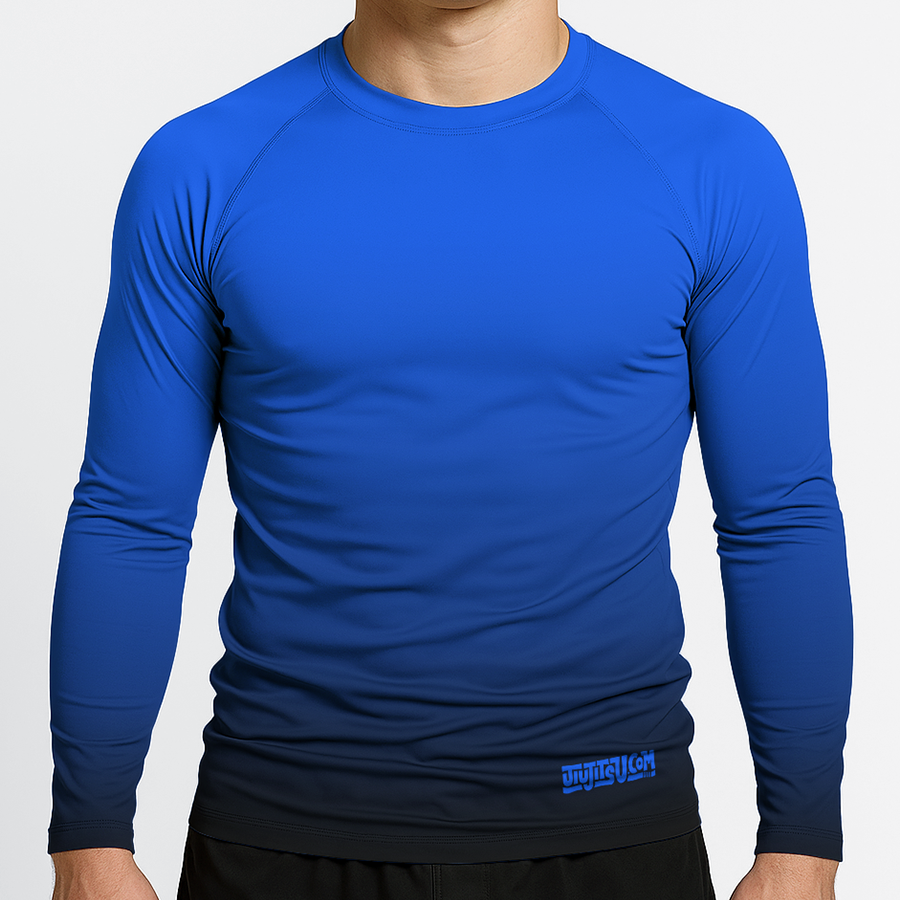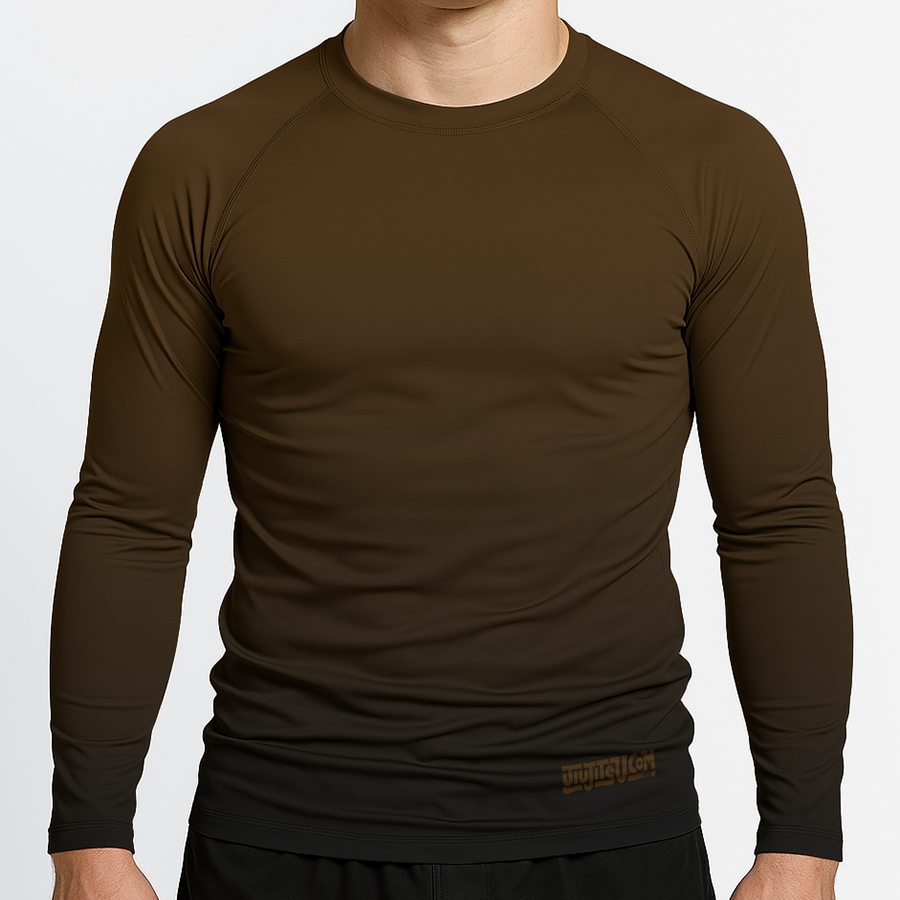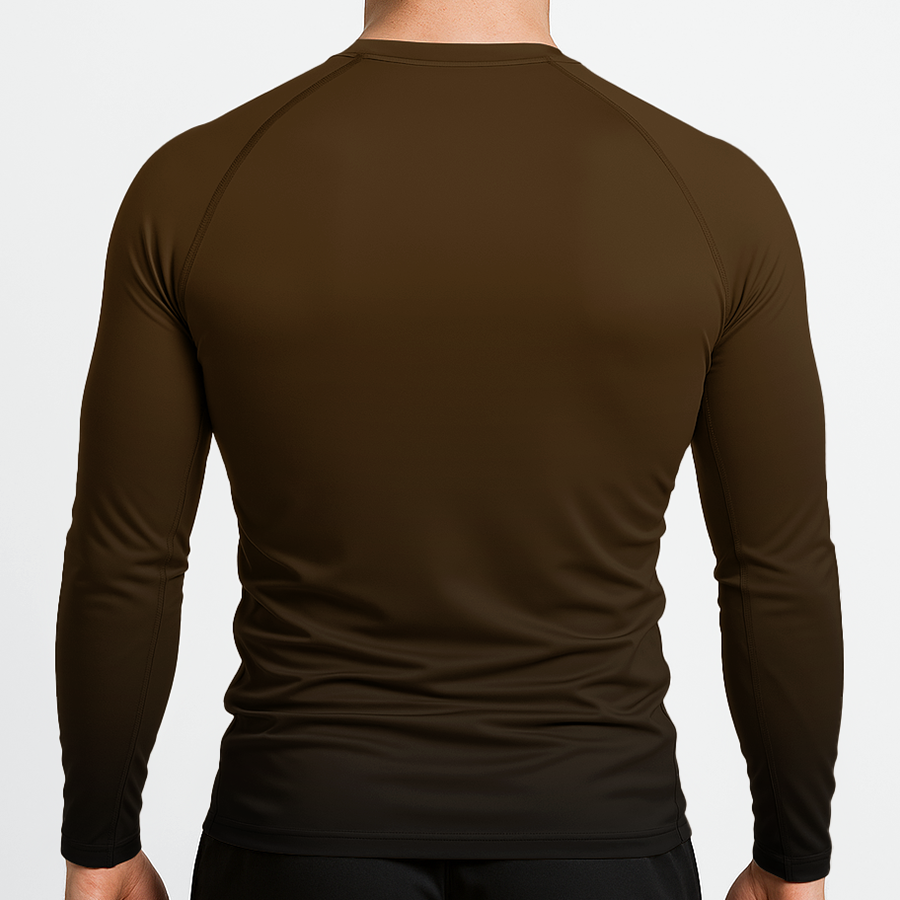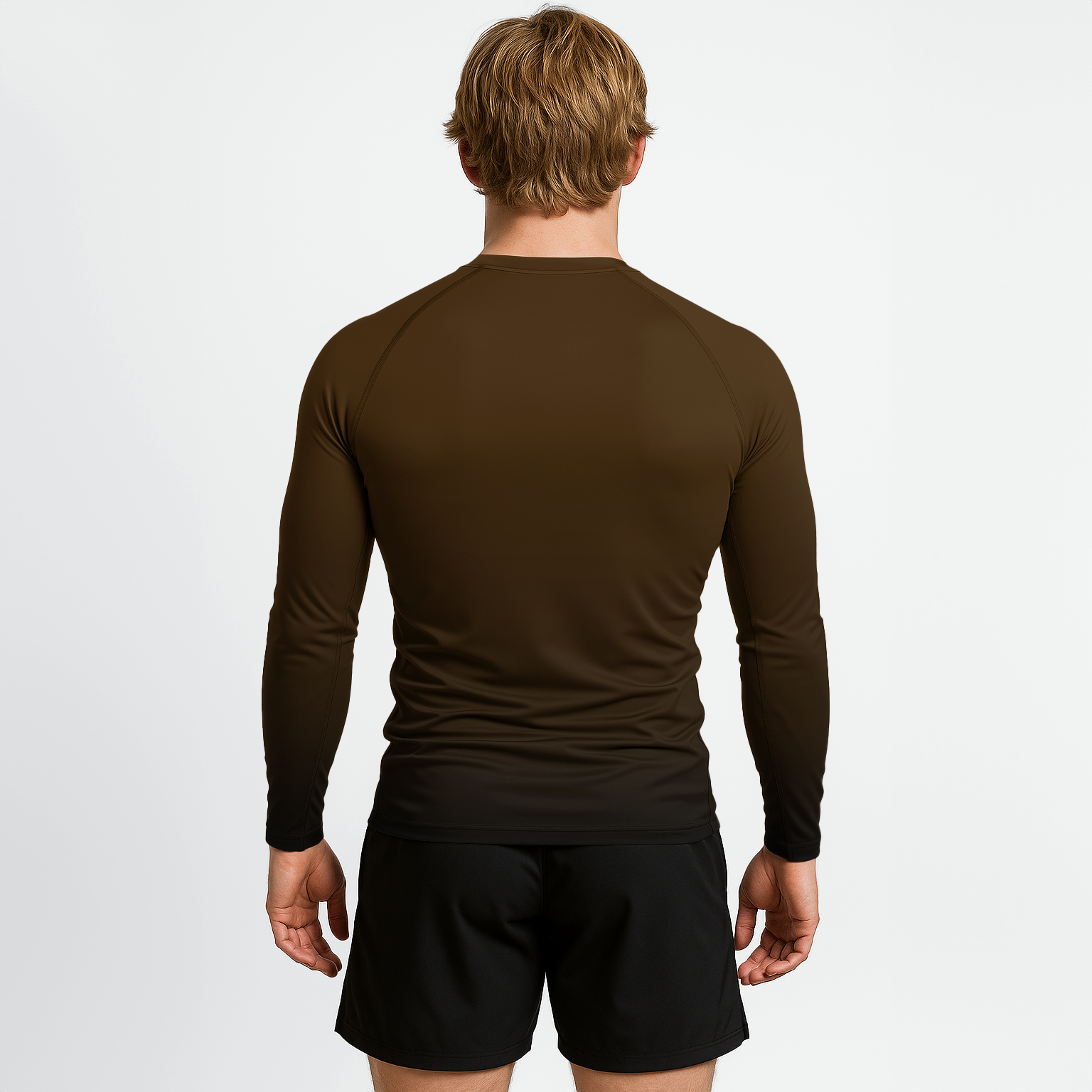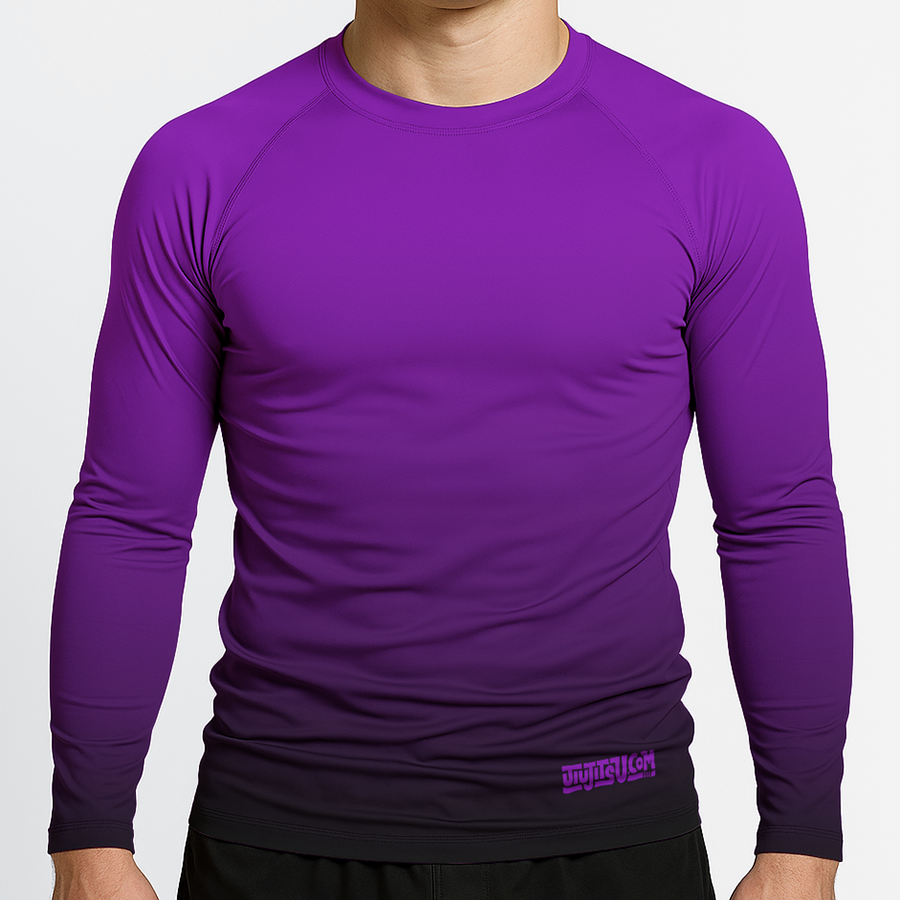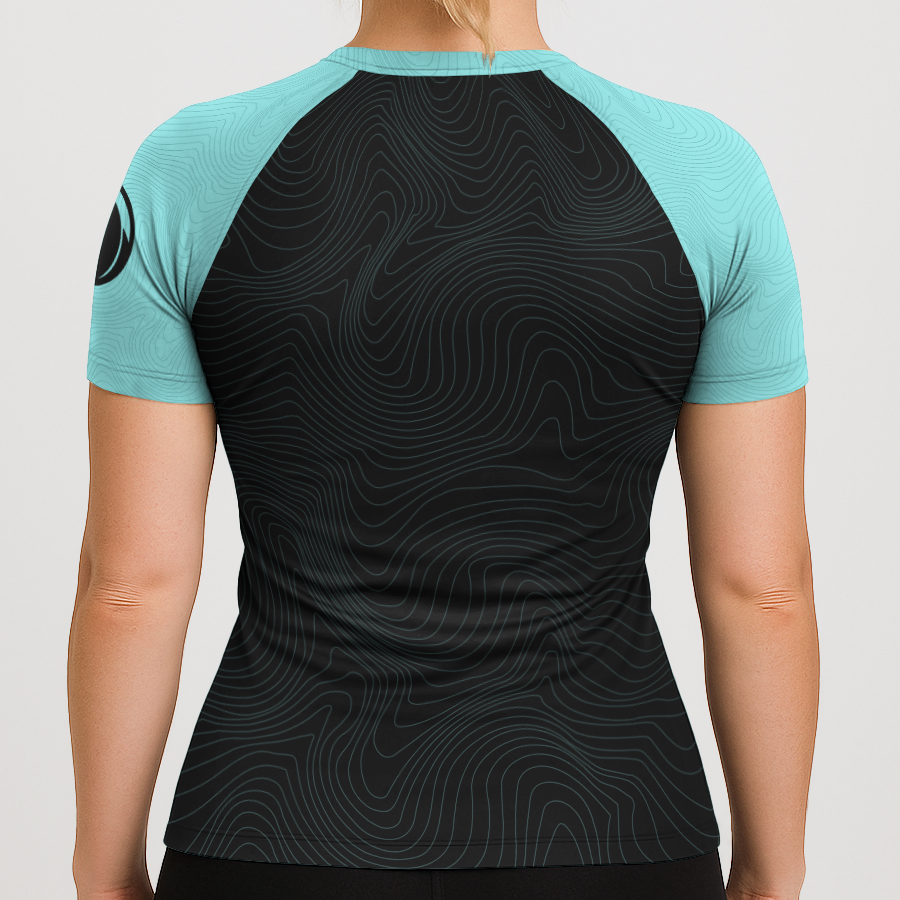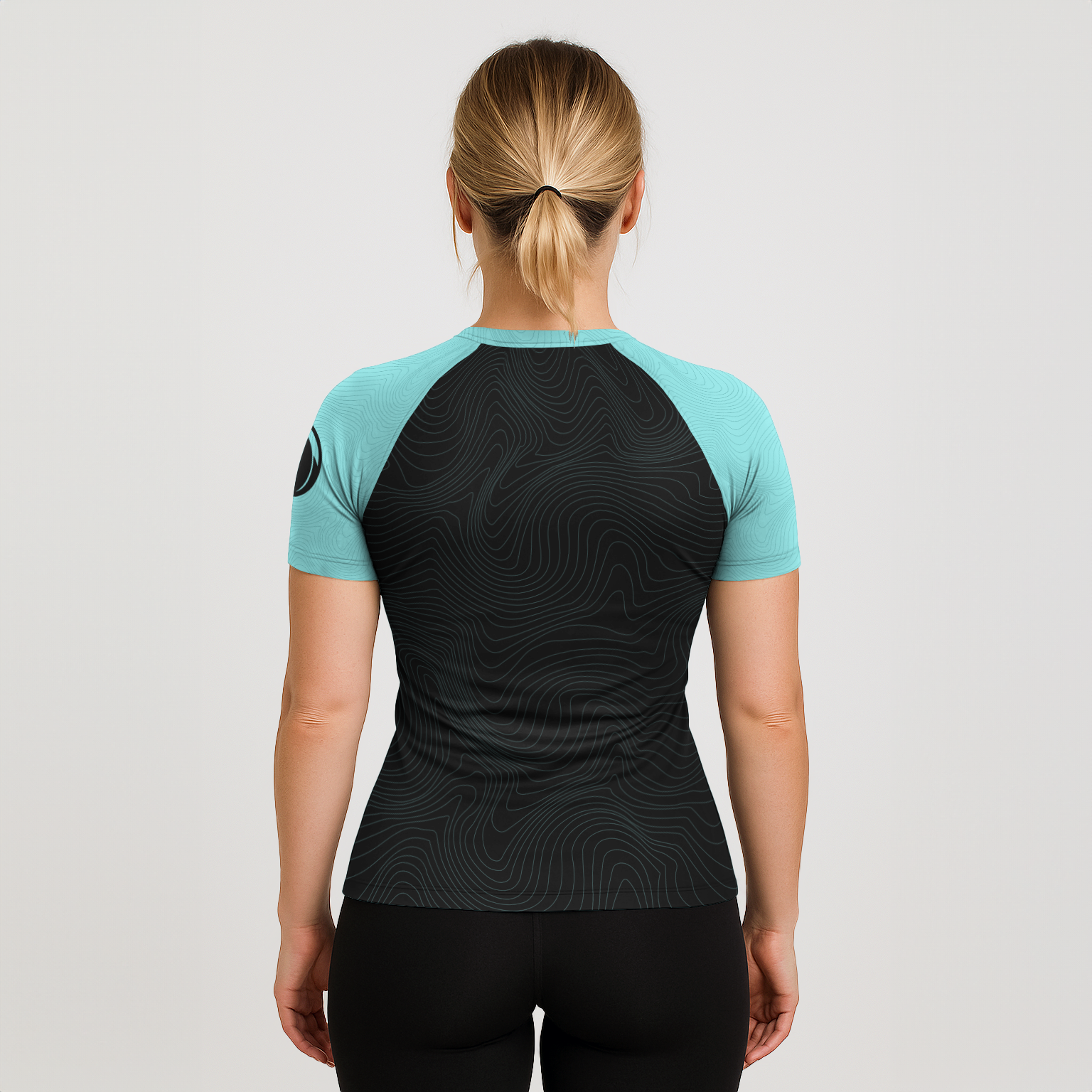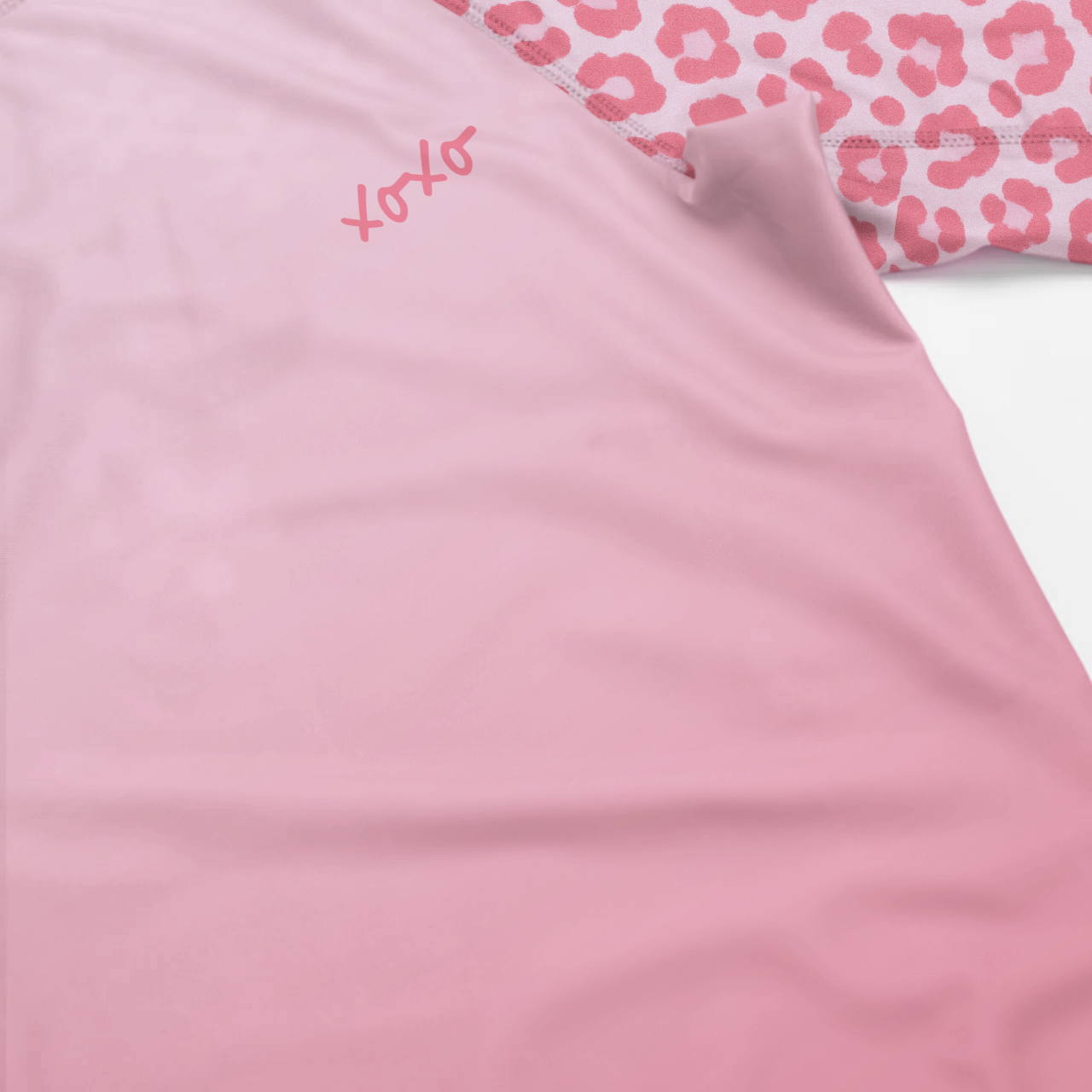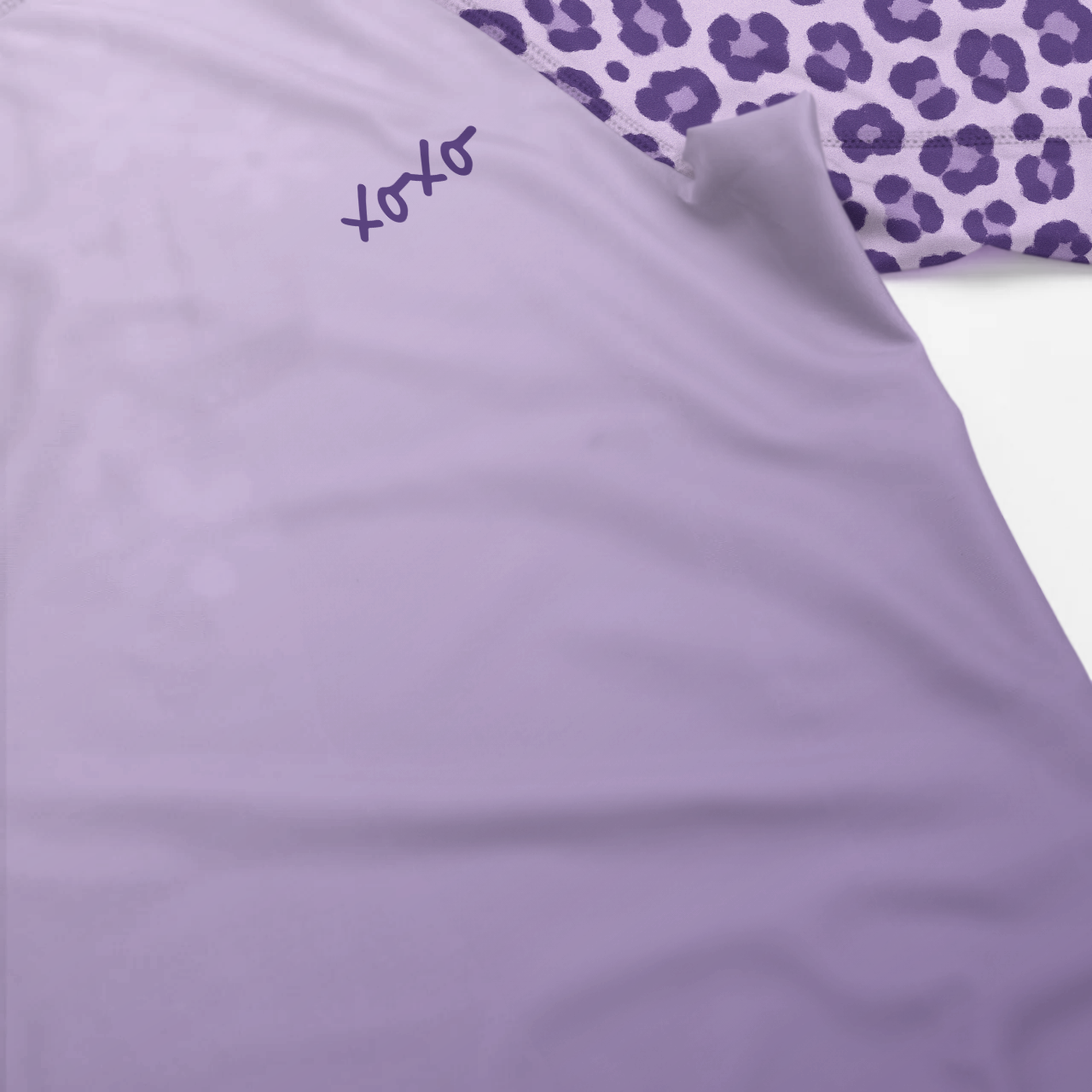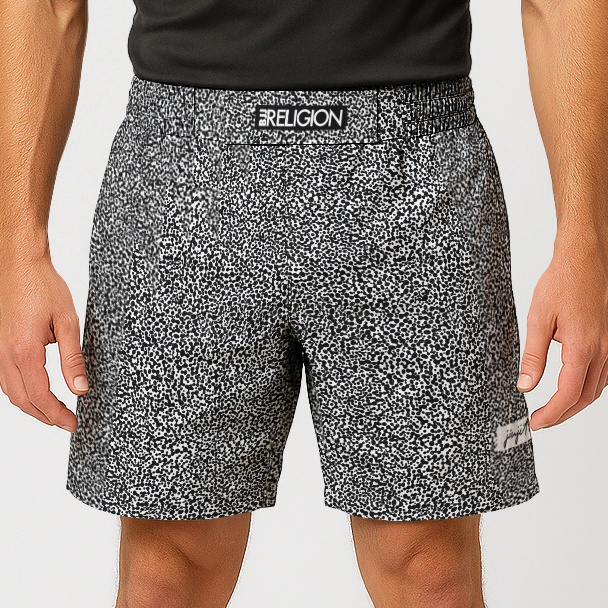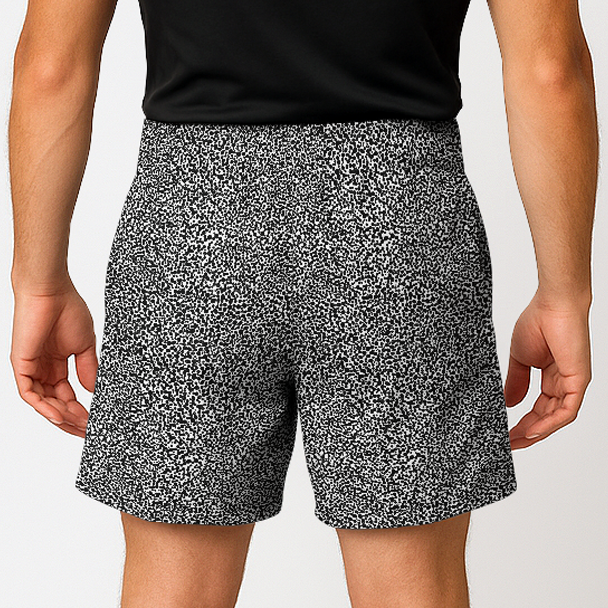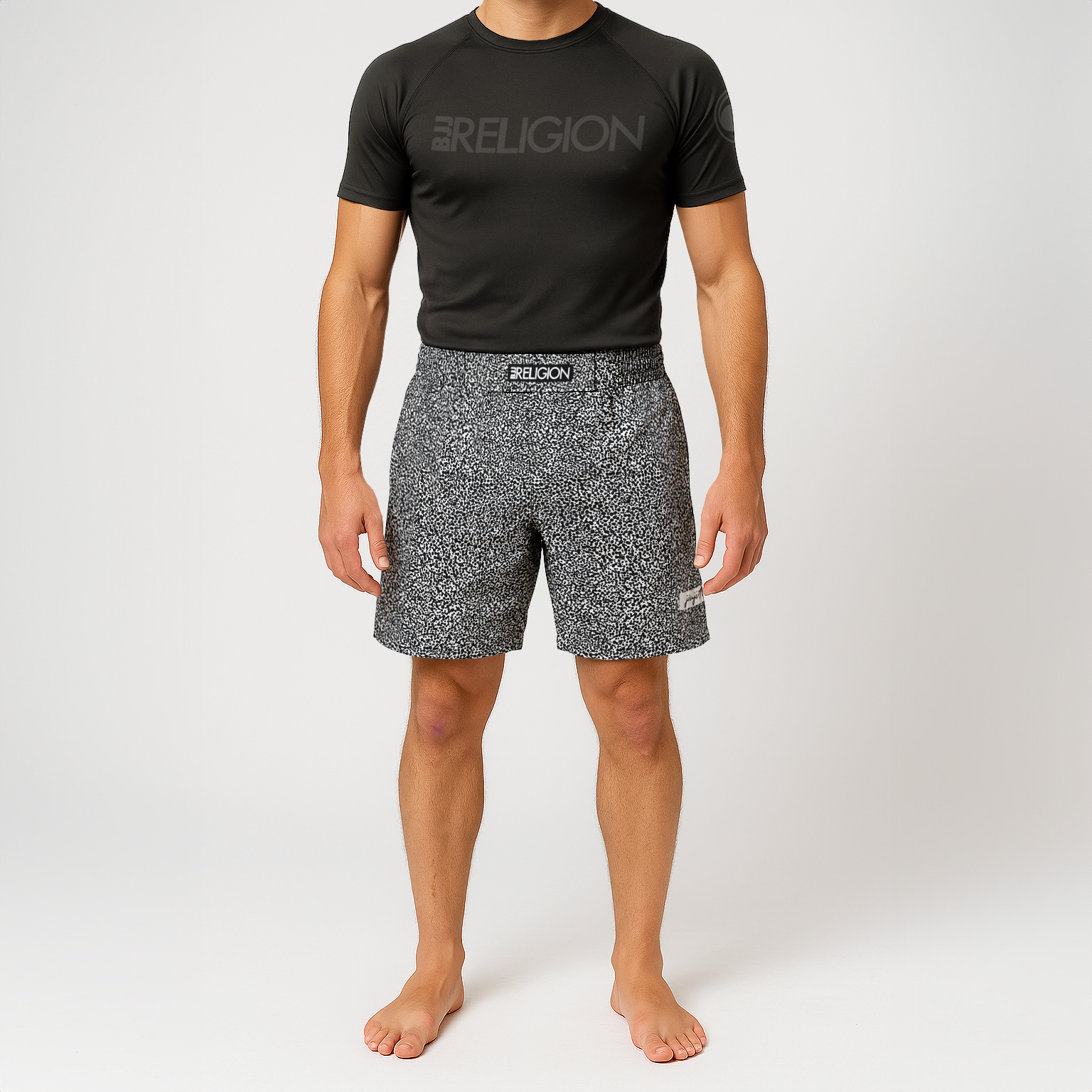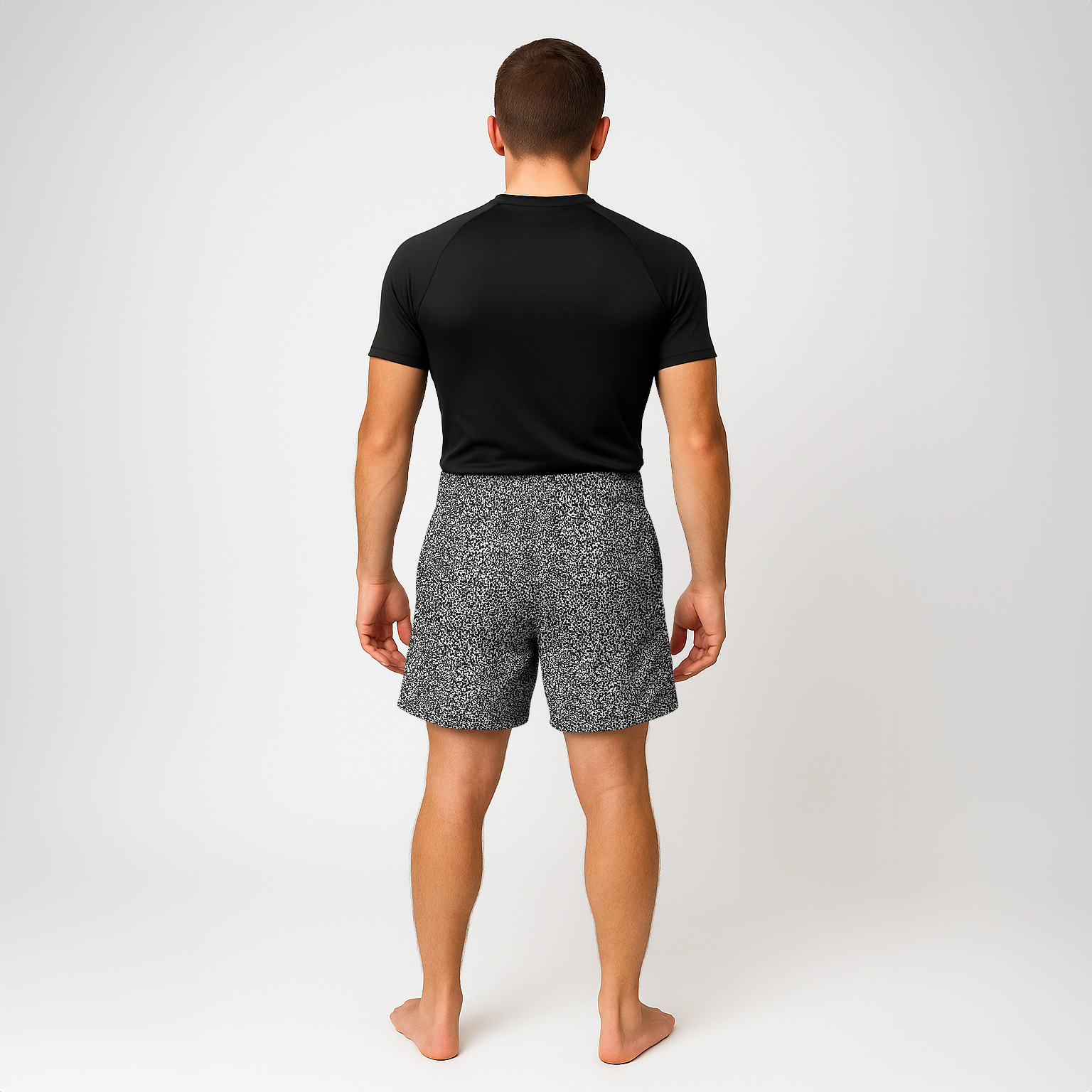How to Effectively Track Your Jiu Jitsu Progress
As a brown belt with over 13 years on the mats, I've had plenty of ups and downs in my Jiu Jitsu journey. There were times when I felt like I was improving day over day, and others( like right now haha ) where progress seemed agonizingly slow. Throughout it all, one thing has remained constant: my desire to track jiu jitsu progress.
But figuring out how to do that effectively, beyond just counting stripes and new belts, isn't always obvious. So let's talk about some more meaningful ways to really understand where you're excelling and where you might need to focus more attention. This will help you develop a solid training plan for BJJ.
Why Belts Rarely Tell The Whole Story

It's tempting to look at belts as the ultimate benchmark. After all, that's the visible system of progression everyone sees.
However, it's important to remember that belts are subjective. Every instructor has different criteria, and some may be more liberal with promotions than others - others straight up promote you based on the number of classes you have attended - regardless of skill.
A blue belt at one academy might not have the same skills as a blue belt at another. The time it takes each person to progress can be drastically different depending on natural talent, training frequency, and other factors.
That doesn't mean belts are meaningless. They mark significant milestones and help establish some structure in your training. But don't get hung up on chasing belts. Focus on genuine skill development and the journey of becoming a better grappler. That's how you really track progress in jiu jitsu, not just a new color tied around your bjj gi.
Effective Strategies to Track Jiu Jitsu Progress
So, if we move beyond just stripes and belts, what are the ways to gauge your improvement in a meaningful way?
Honest Self-Assessment: Compare With Purpose, Not Envy
It's easy to fall into the trap of comparing ourselves to our training partners, especially in a sport like jiu jitsu where everyone's journey is so different. This can make it hard to figure out your jiu jitsu progress.
Instead of getting caught up in envy or discouragement, try to adopt a mindset of objective comparison. This isn't about feeling superior or inferior to anyone. Look at training partners who started around the same time as you, or those who have a similar body type or athletic background. What are they doing well? What areas do they excel in that you might still be struggling with?
If you've been training for a solid two years and are stuck at white belt you cannot compare yourself to your training partner(who happened to have 15 years wrestling experience) who started after you who is a blue belt now.
Don't be afraid to ask questions and learn from others. Most people in the Jiu Jitsu community are happy to share their knowledge.
Get Out There And Compete

I get it, competition may not be your thing - and that's perfectly okay. Maybe you just signed up to lose some weight, a funner alternative to the gym, self defense, etc. However, if you are serious about becoming better at jiu jitsu I believe EVERYONE should compete at least once.
Competition is one of the best ways to track jiu jitsu progress, even if you're not chasing gold medals. Stepping onto the competition mats puts your skills to the ultimate test in a live, unpredictable environment. It highlights both your strengths and weaknesses under pressure. Win or lose, every competition is a valuable learning opportunity.
You'll walk away with a clearer understanding of areas where you performed well and areas that need more work. It's never easy to put yourself out there, but competition offers invaluable insights into your progress.
Study Tape of Your Rolling Sessions
In the digital age, video is a powerful tool for analyzing and refining technique. Recording your sparring sessions (with your partners' permission, of course) or playing back your competition footage allows you to review your technique, identify areas for improvement, and track your progress over time.
When you first start watching your own rolls, it's natural to be hypercritical. Focus on one or two specific things you want to improve on. Are you maintaining a good base? Are your transitions smooth and controlled? Are you clearly missing something over and over?
As you continue filming and analyzing your training, you'll start to see patterns emerge. This objective feedback helps you identify and correct mistakes, leading to more rapid improvement.
Journaling to Track Jiu Jitsu Progress
Journaling is a powerful but often overlooked tool for tracking progress in any discipline, and Jiu Jitsu is no exception. In fact, at our school our instructors require the kids class to keep a journal after class, and let me tell you these kids retain most techniques better than the adult classes. A training journal doesn't have to be fancy - a simple notebook will do.After each training session, jot down the techniques you learned, any insights you gained, how you felt physically and mentally, and specific goals for the next session. This consistent practice helps you track jiu jitsu progress, identify patterns in your training, and hold yourself accountable for continuous improvement. Write down which submissions you hit, which ones you failed, and areas you struggled in.
Little Wins Will Translate to Big Progress
It's easy to focus only on submissions when measuring progress. While tapping someone out is undeniably satisfying, it's not the only metric that matters.
Instead of solely chasing submissions, focus on developing your overall game. Are you escaping positions more quickly than before? Are you getting sweeps that you used to struggle with? Are you hitting new transitions and maintaining better control? These incremental improvements, even if less flashy than a clean submission, indicate genuine progress in your jiu jitsu journey.
Conclusion
There's no one-size-fits-all approach when it comes to tracking your jiu jitsu progress. Find what works best for you and your goals and don't forget to celebrate both the big and small milestones along the way, whether it's mastering a new submission, increasing your or simply showing up to class consistently. These small wins will help motivate you to continue pushing forward.
The most important thing is to maintain consistency, embrace the process. Trust the journey and never stop exploring the art of jiu jitsu.


